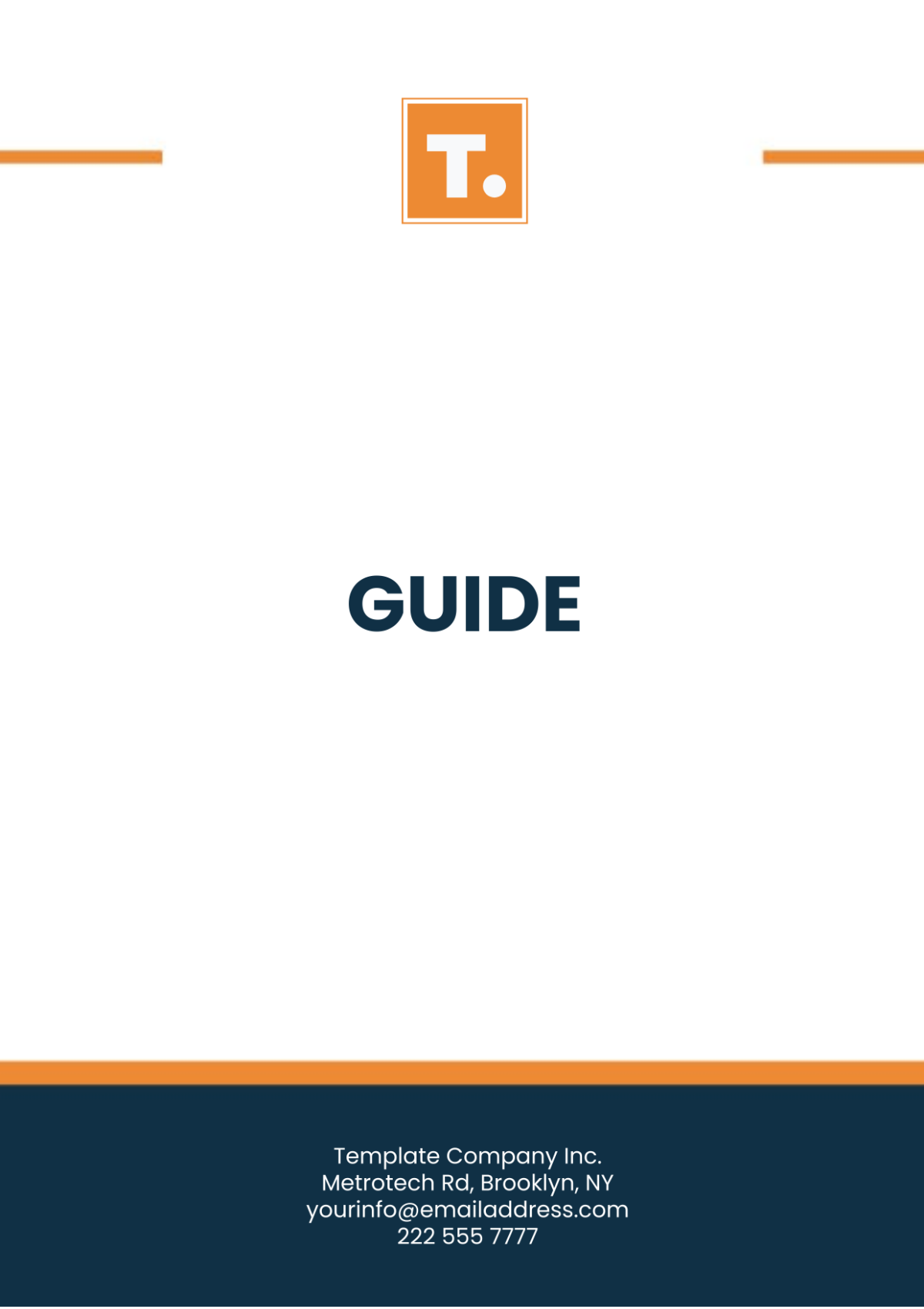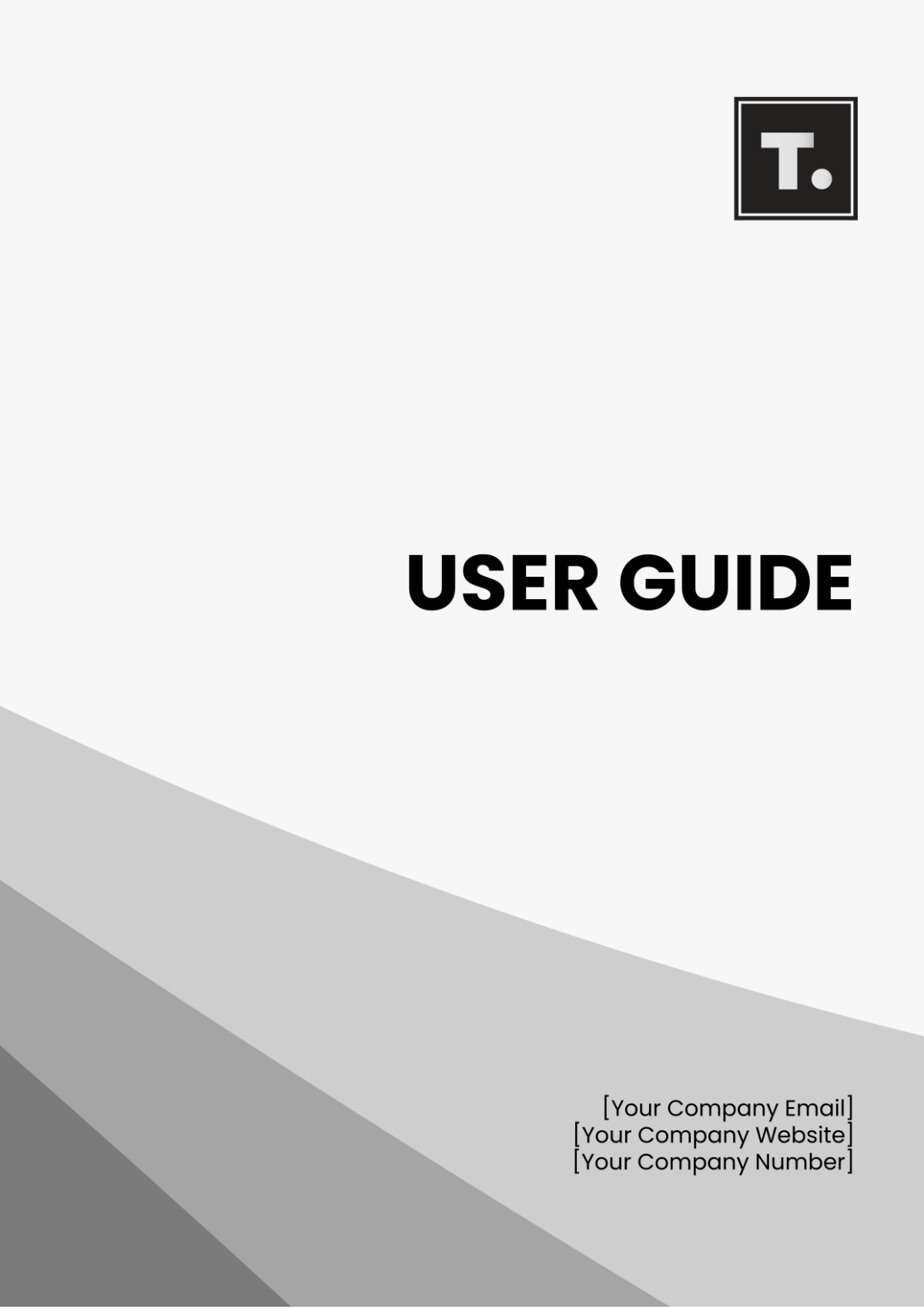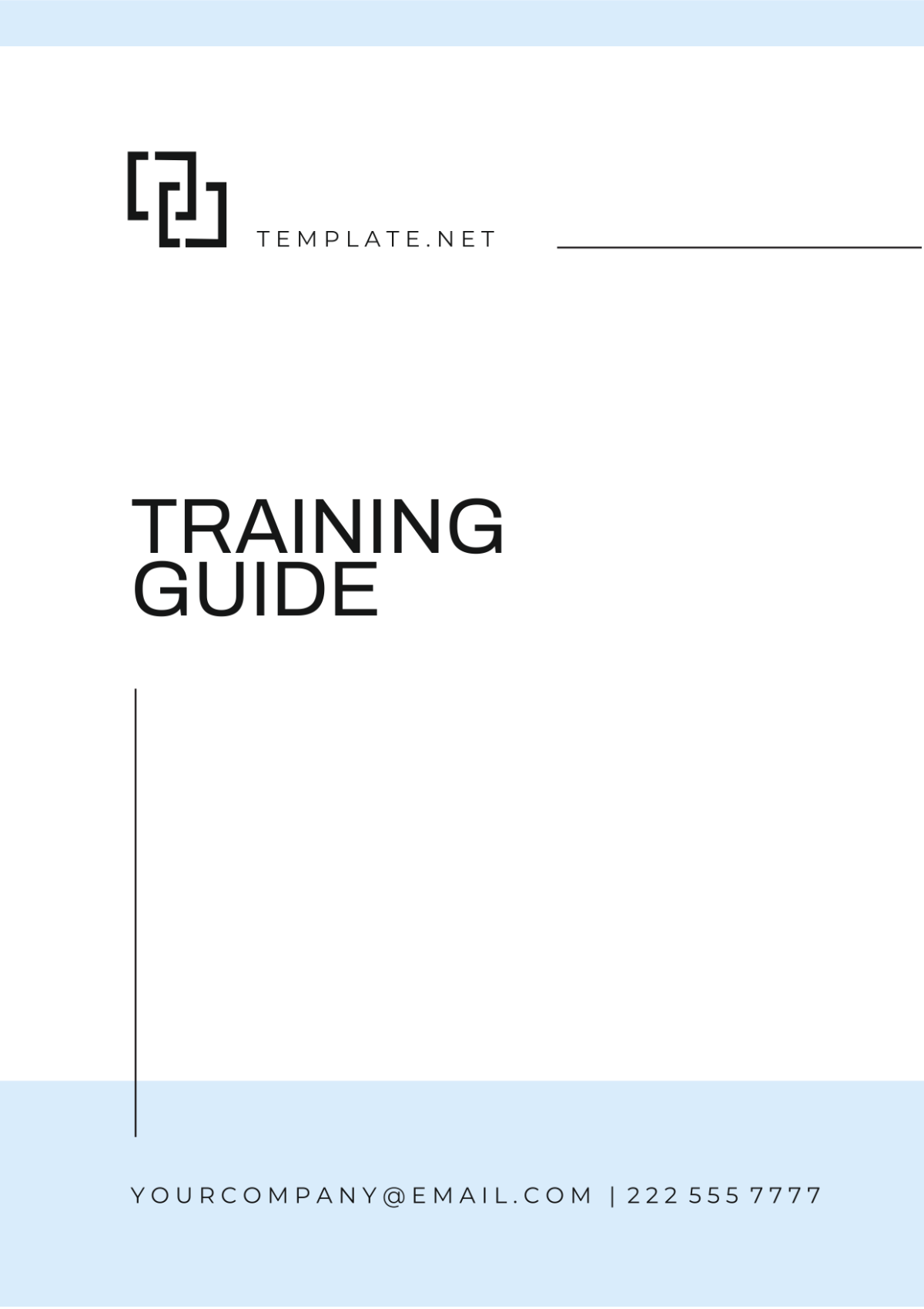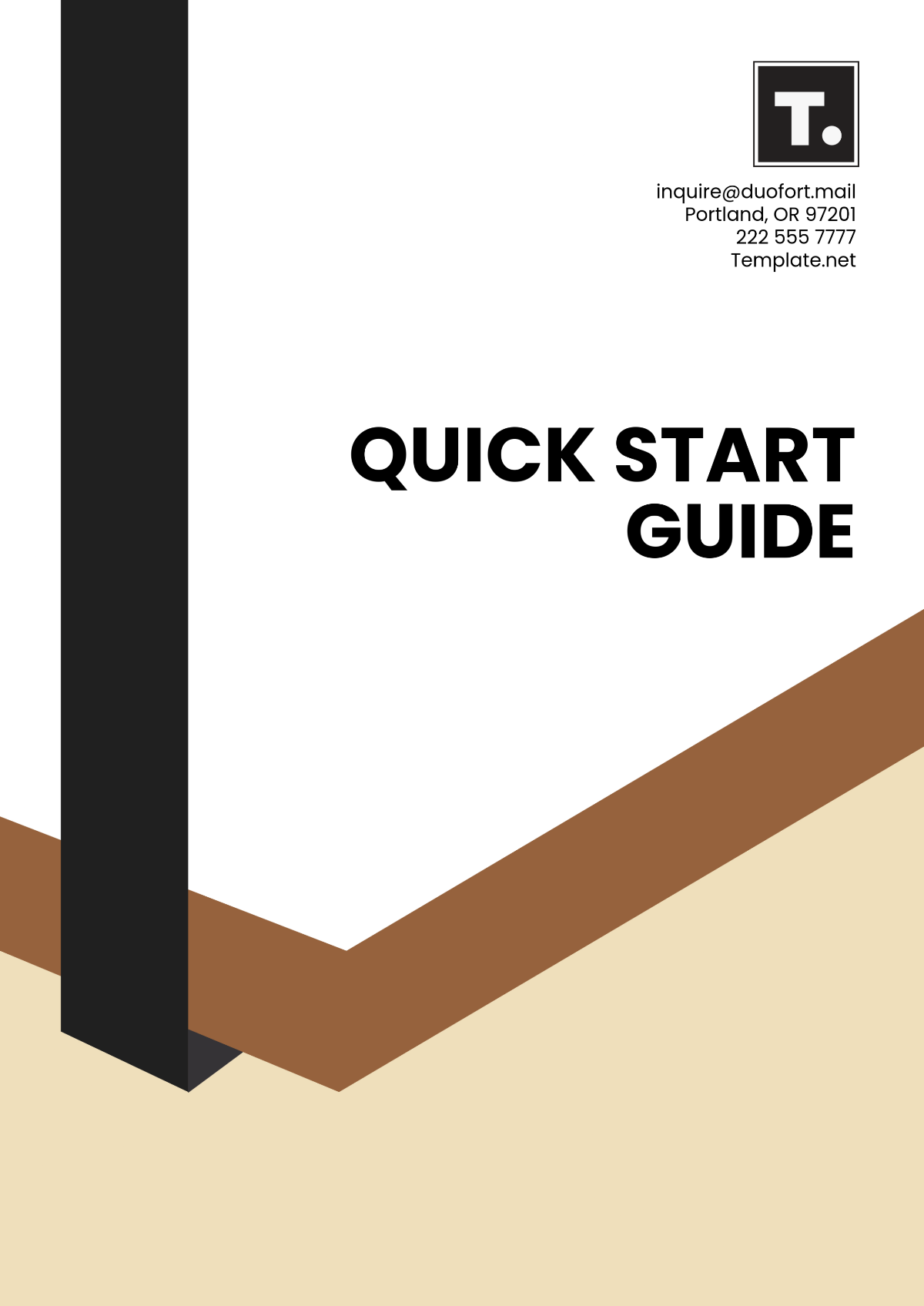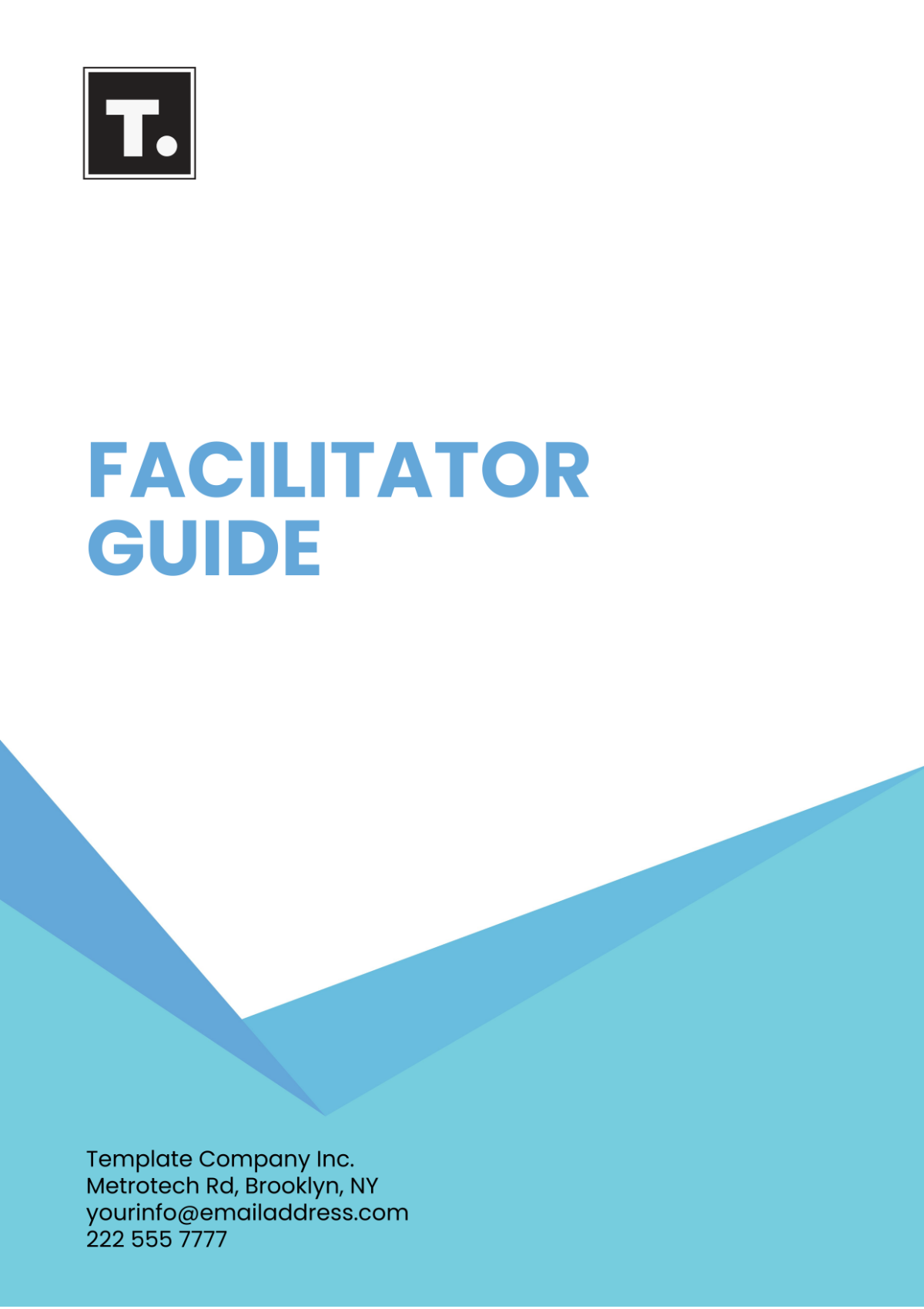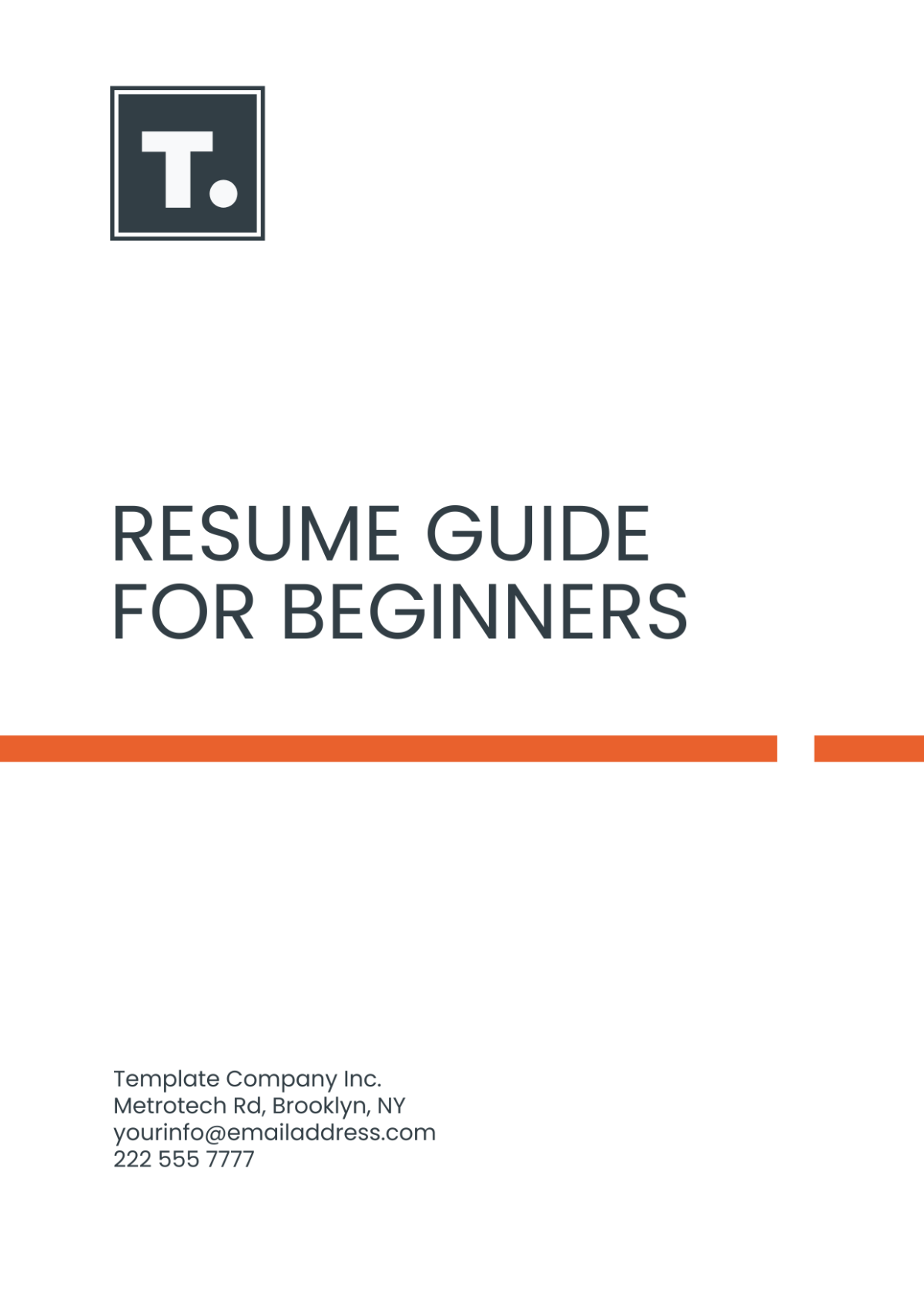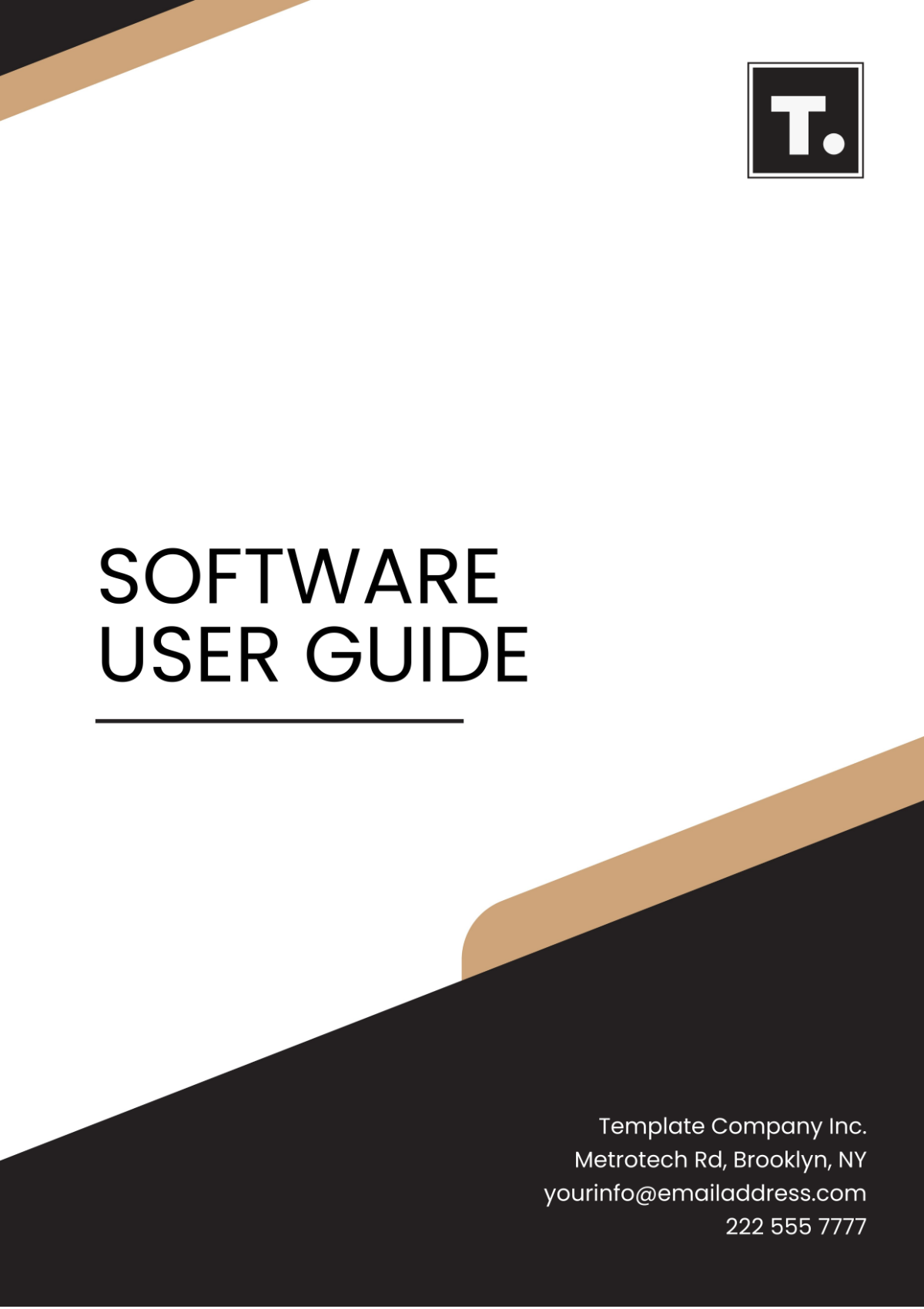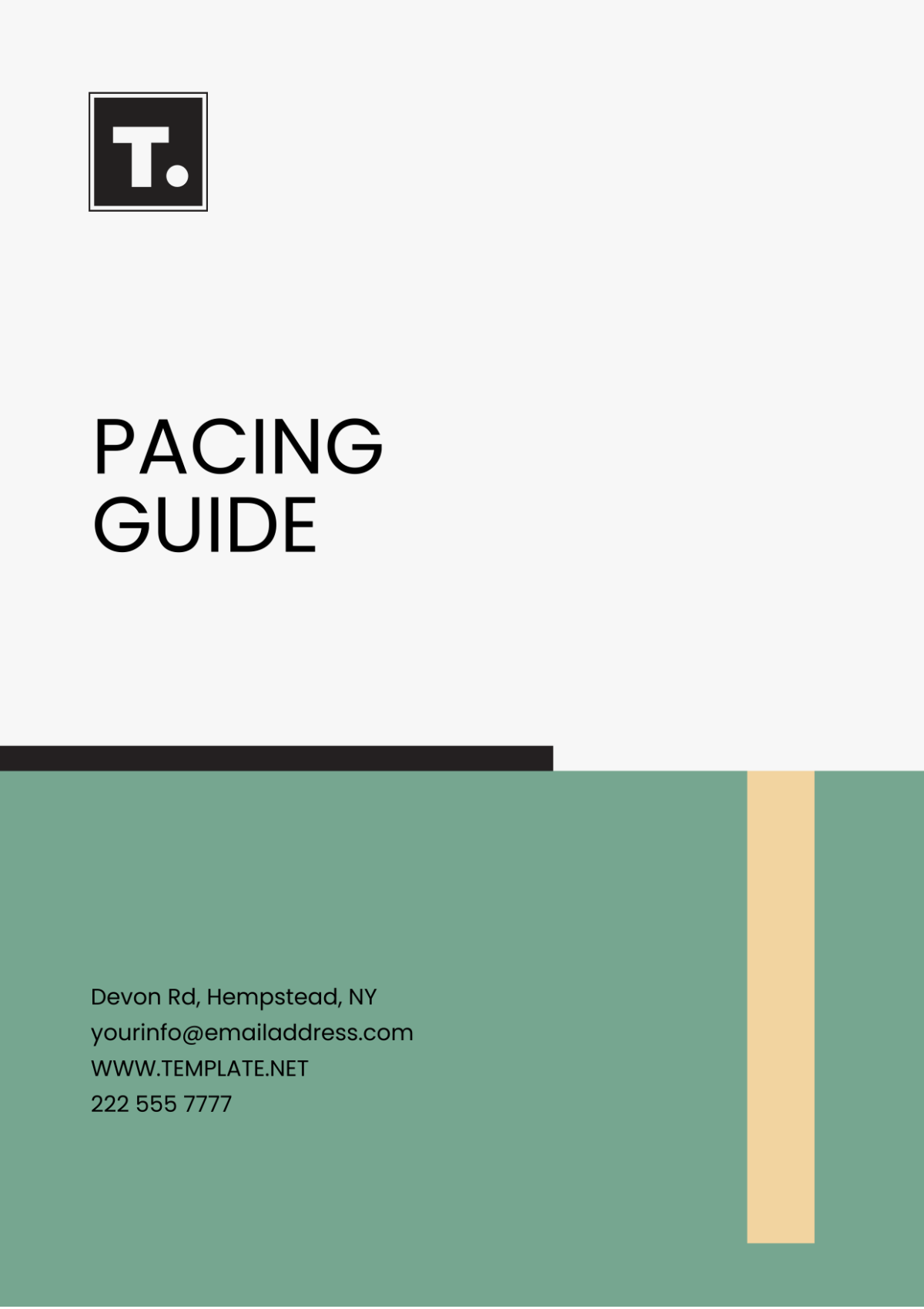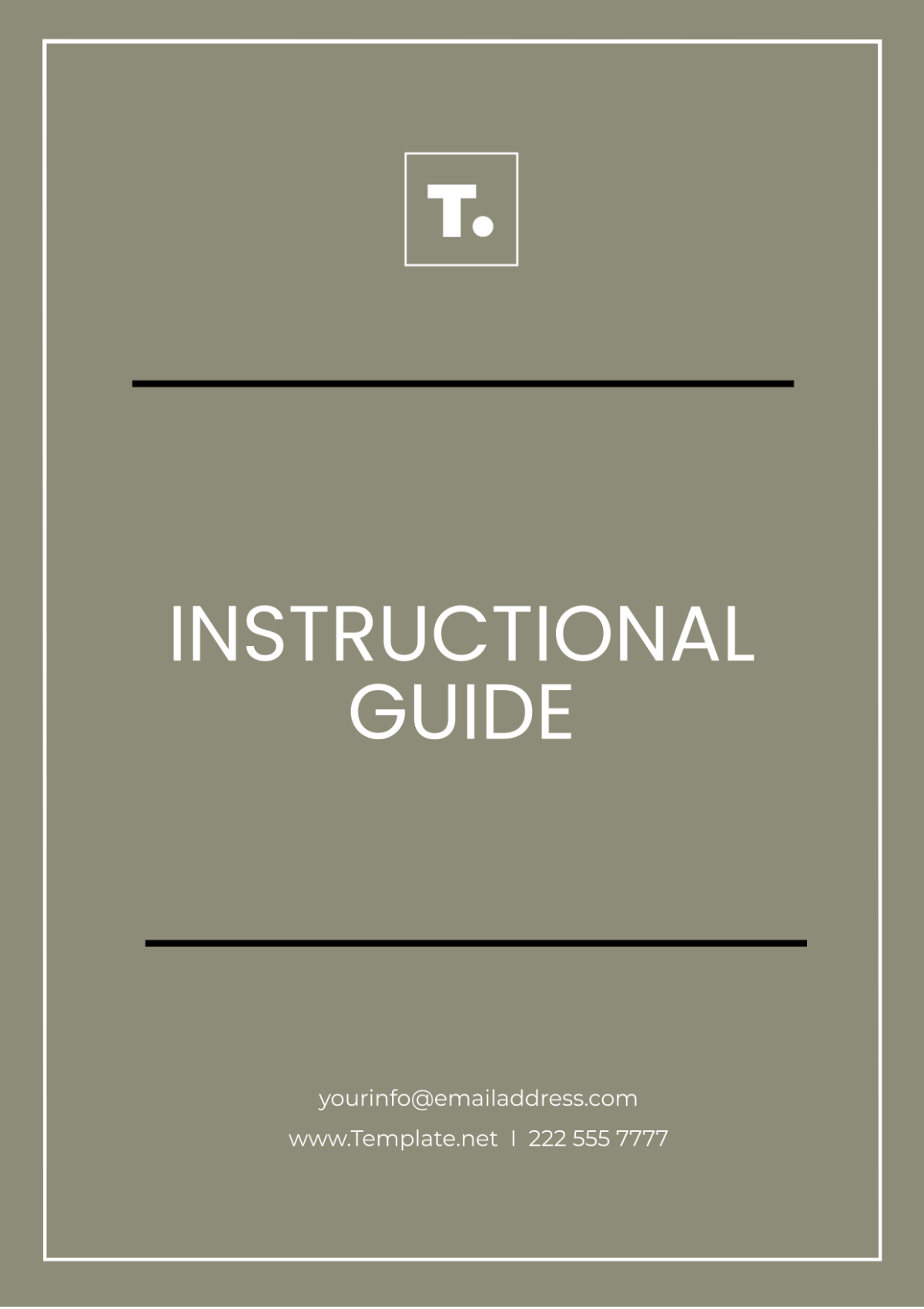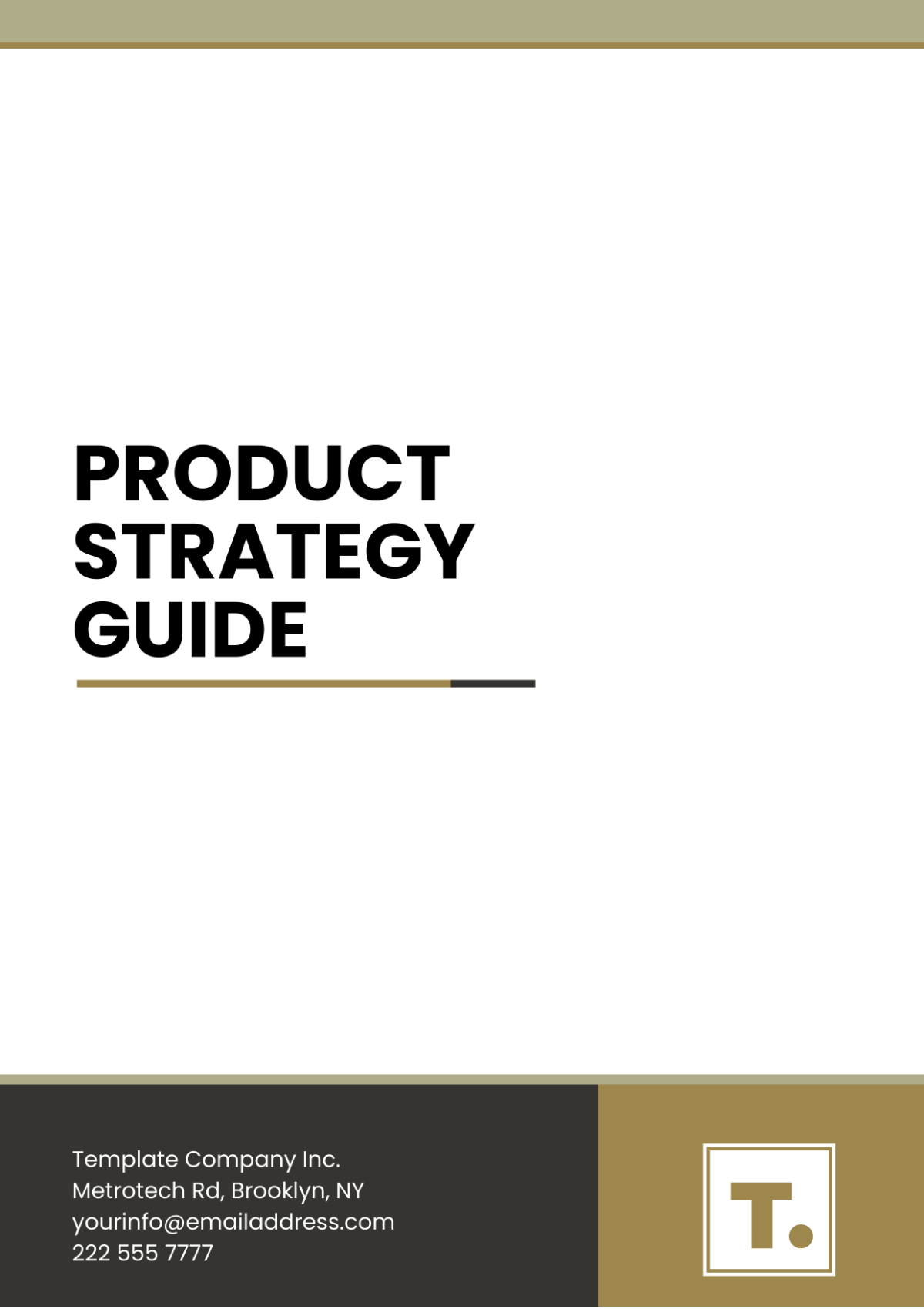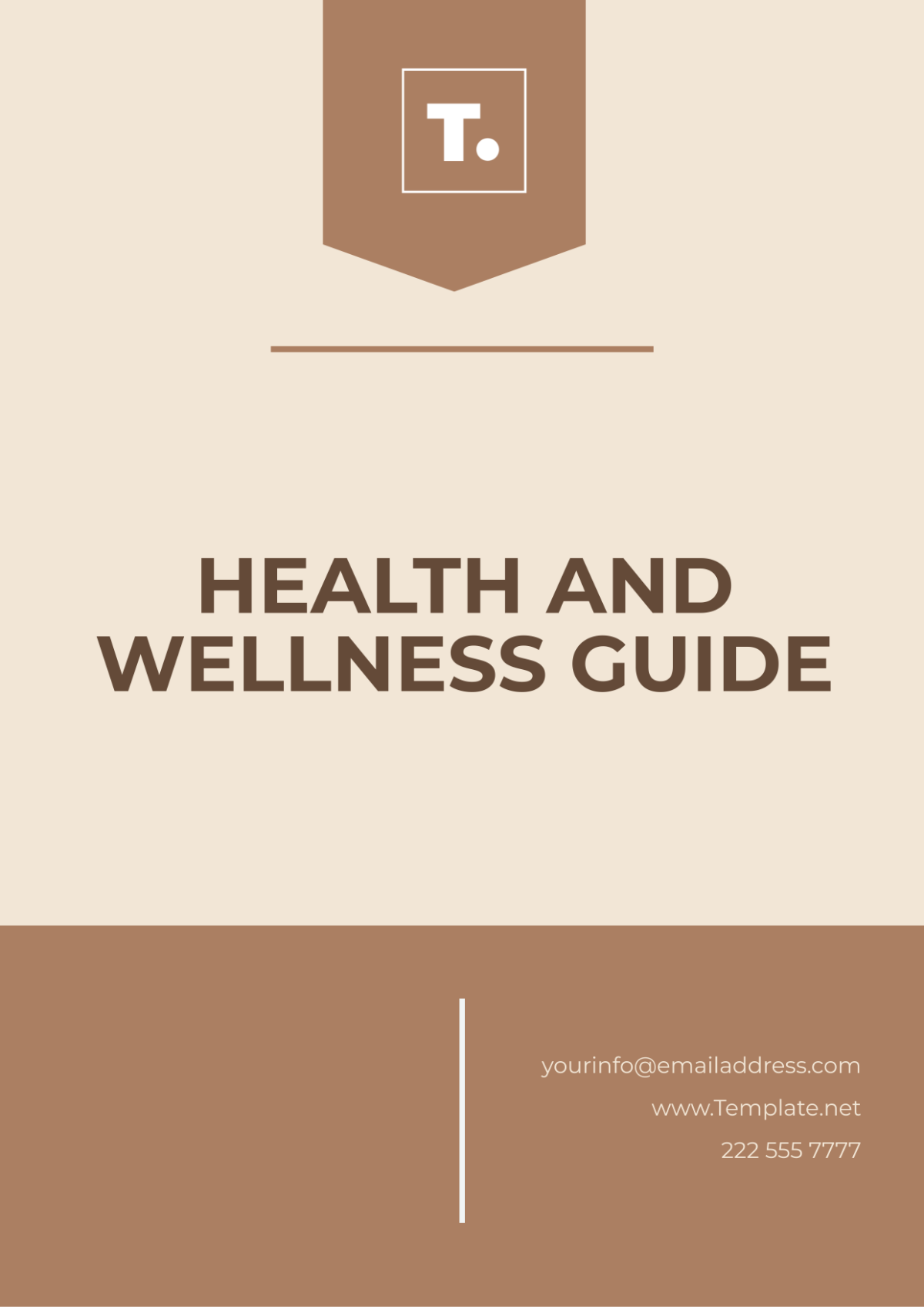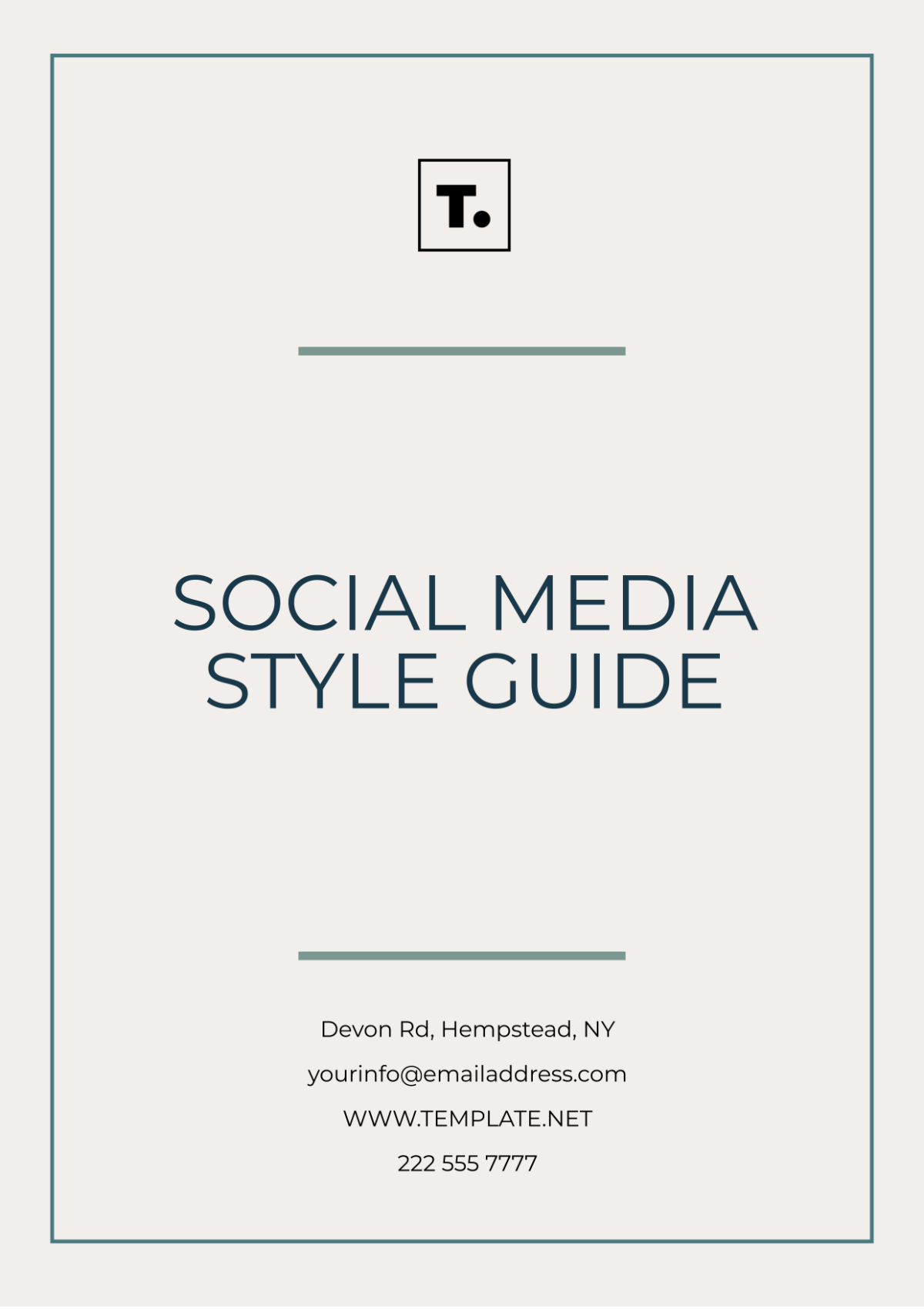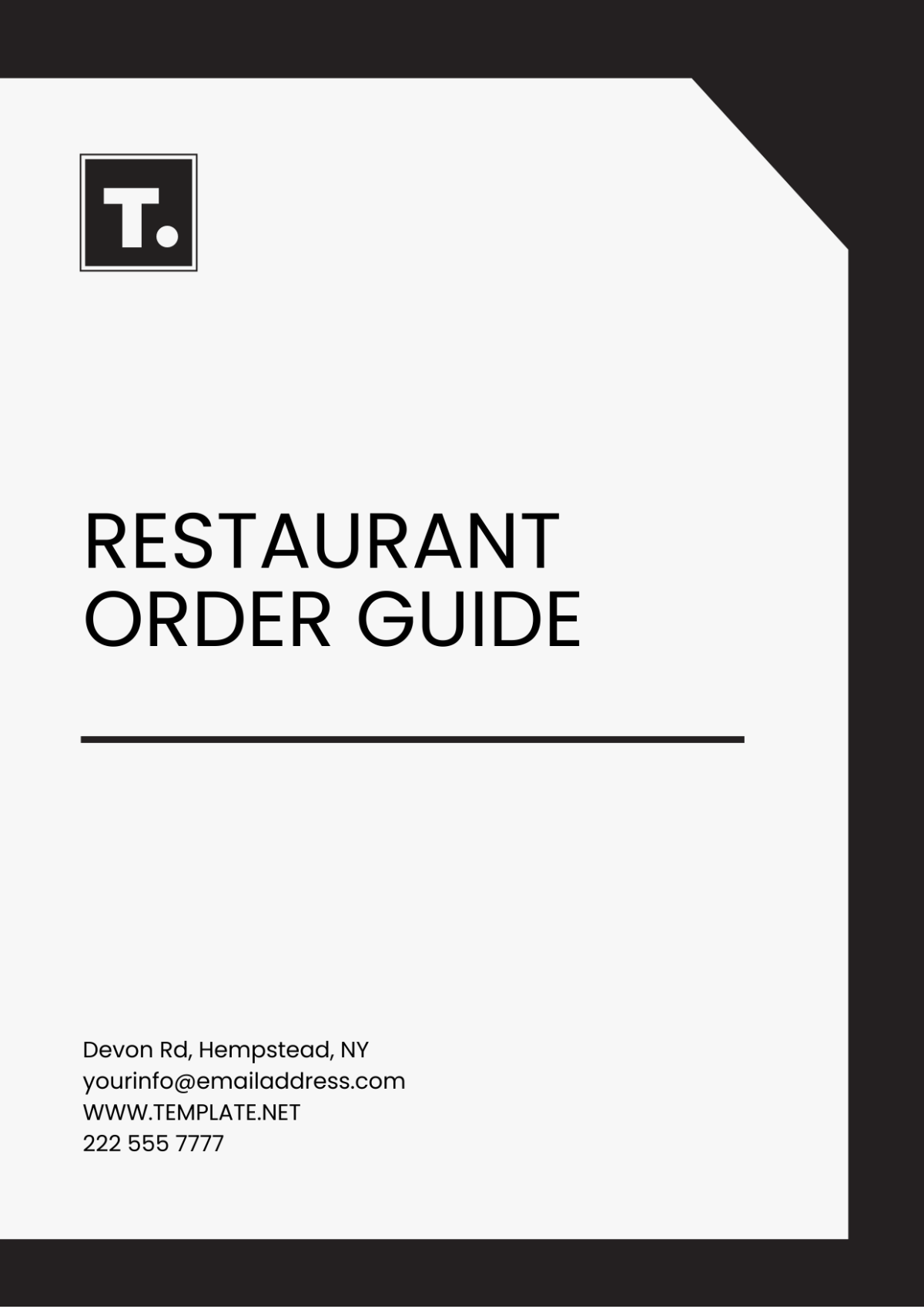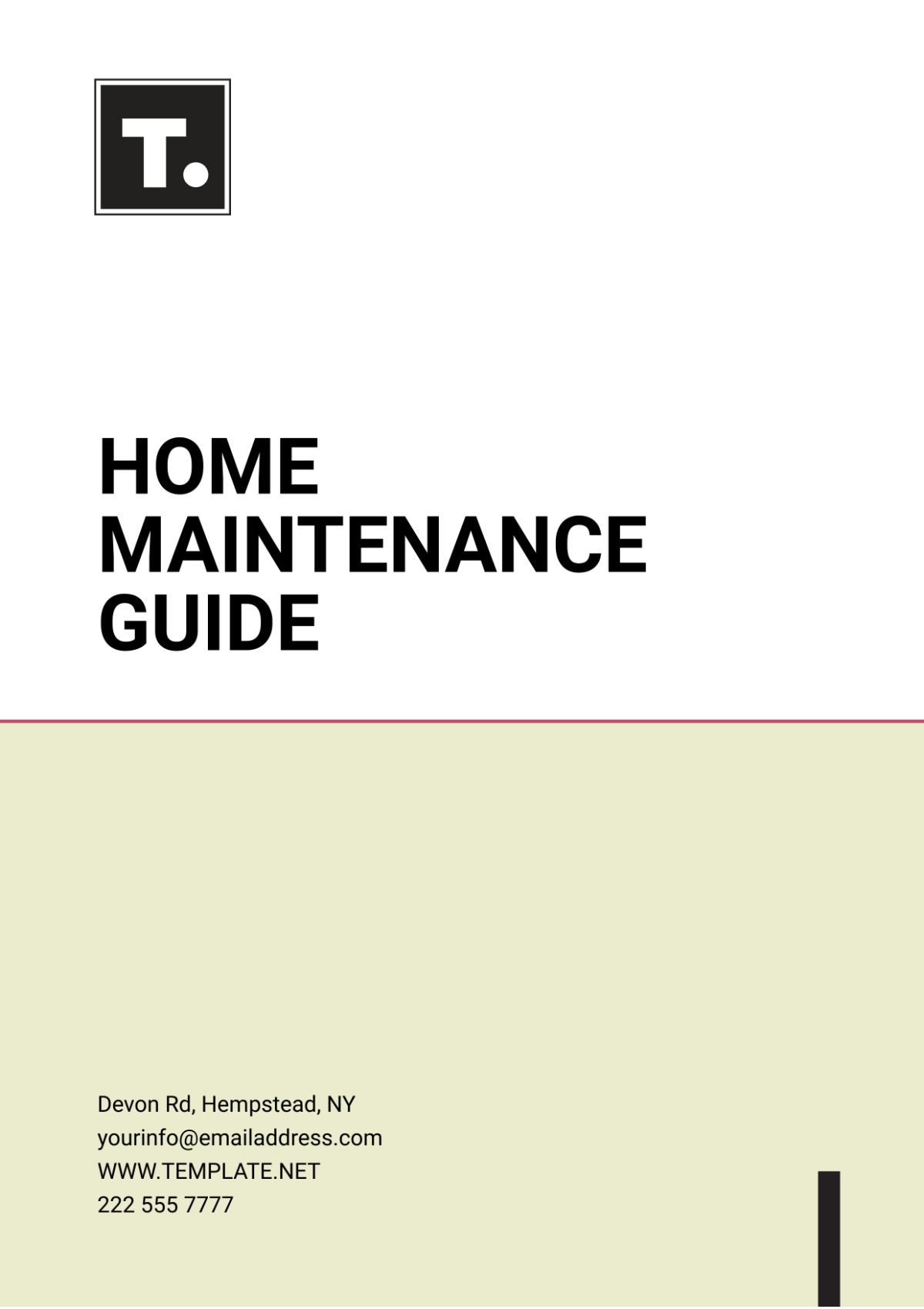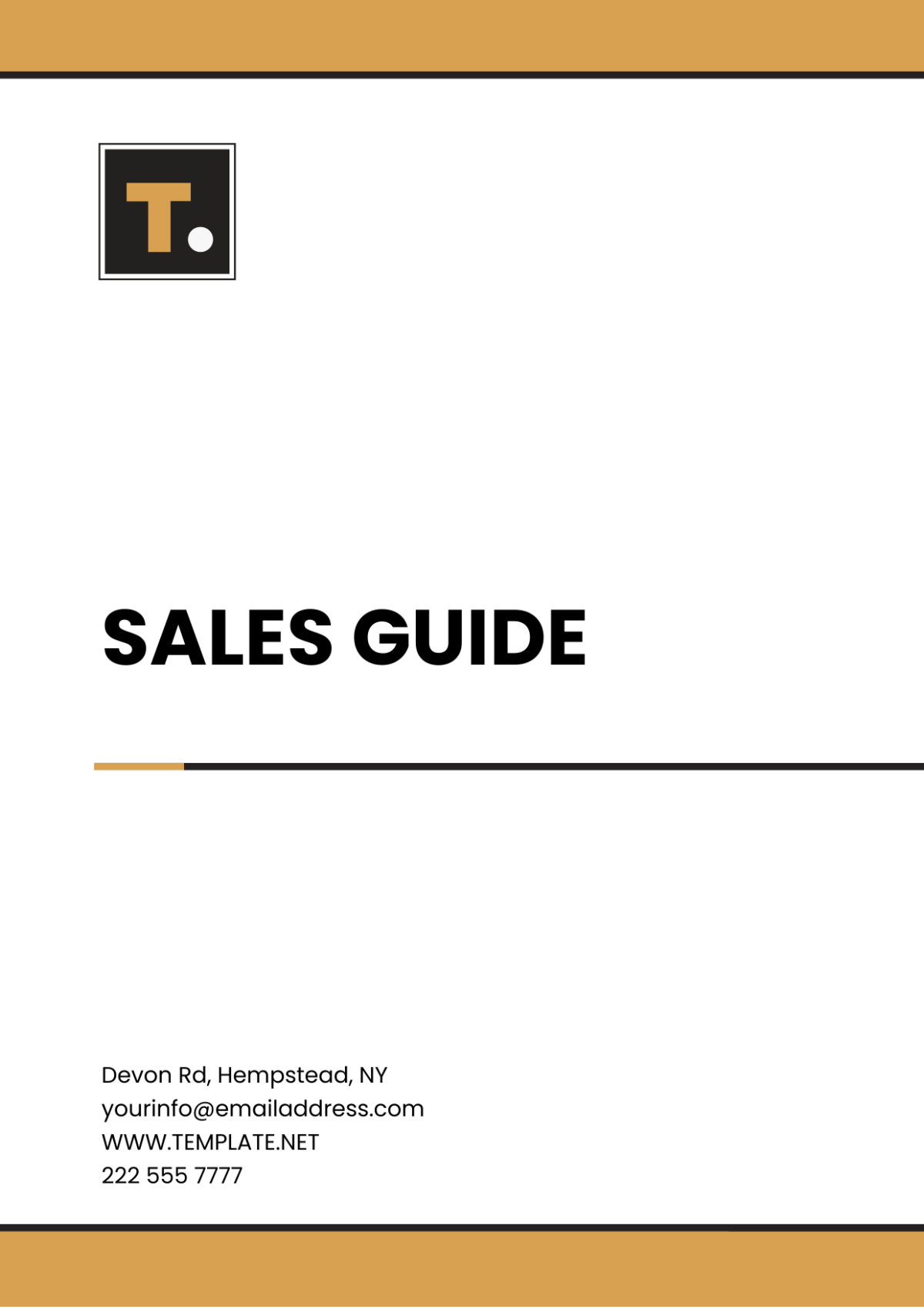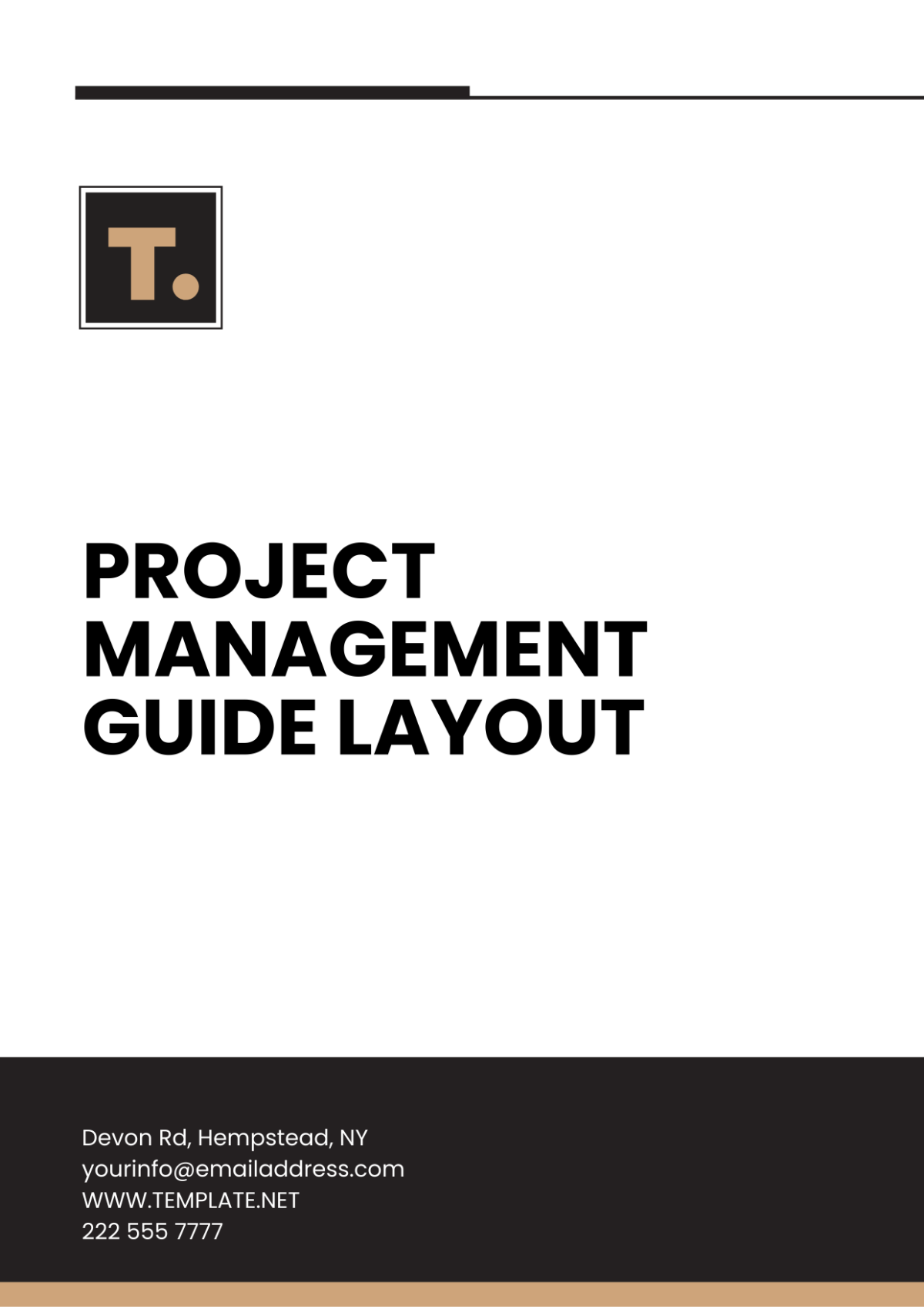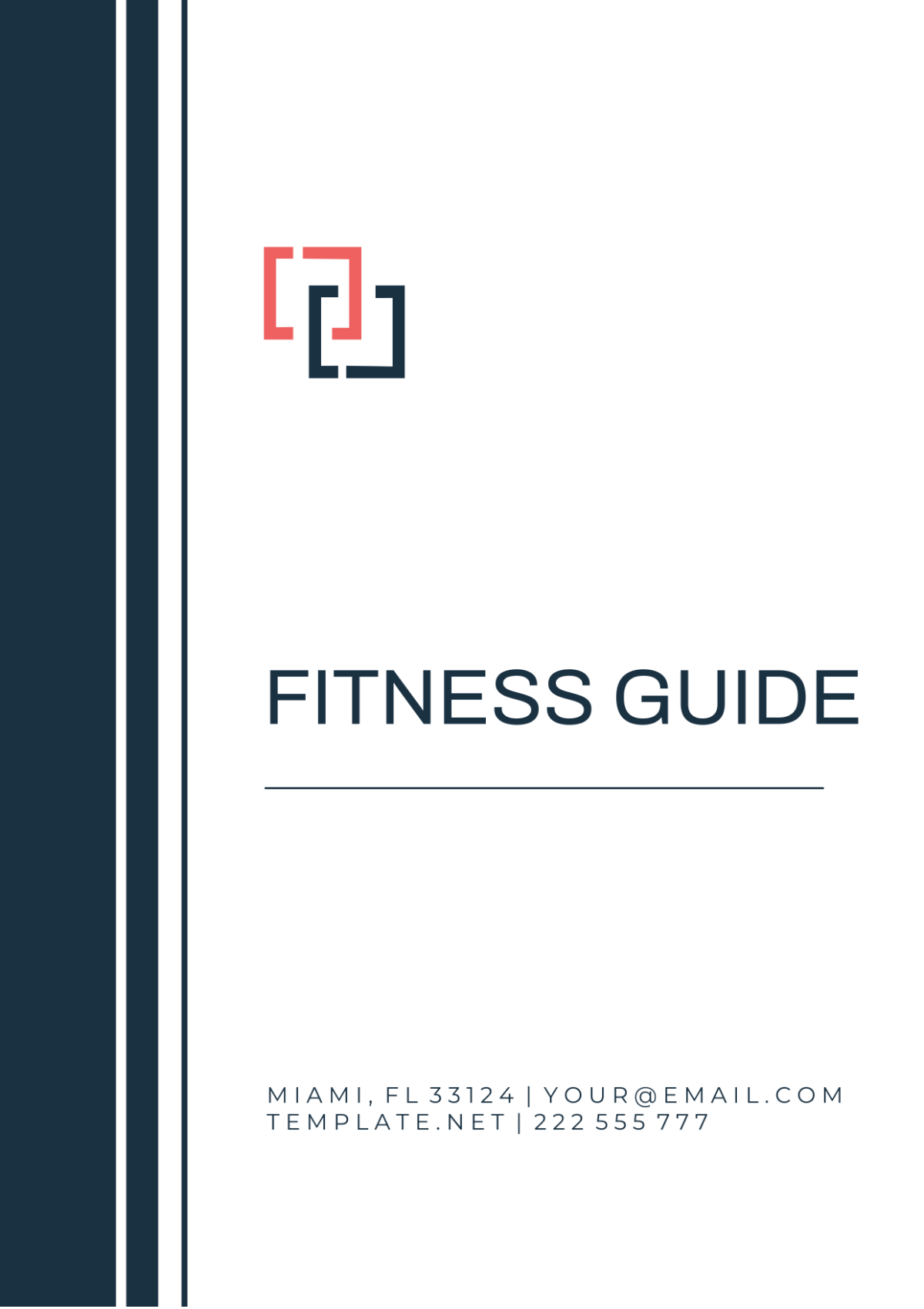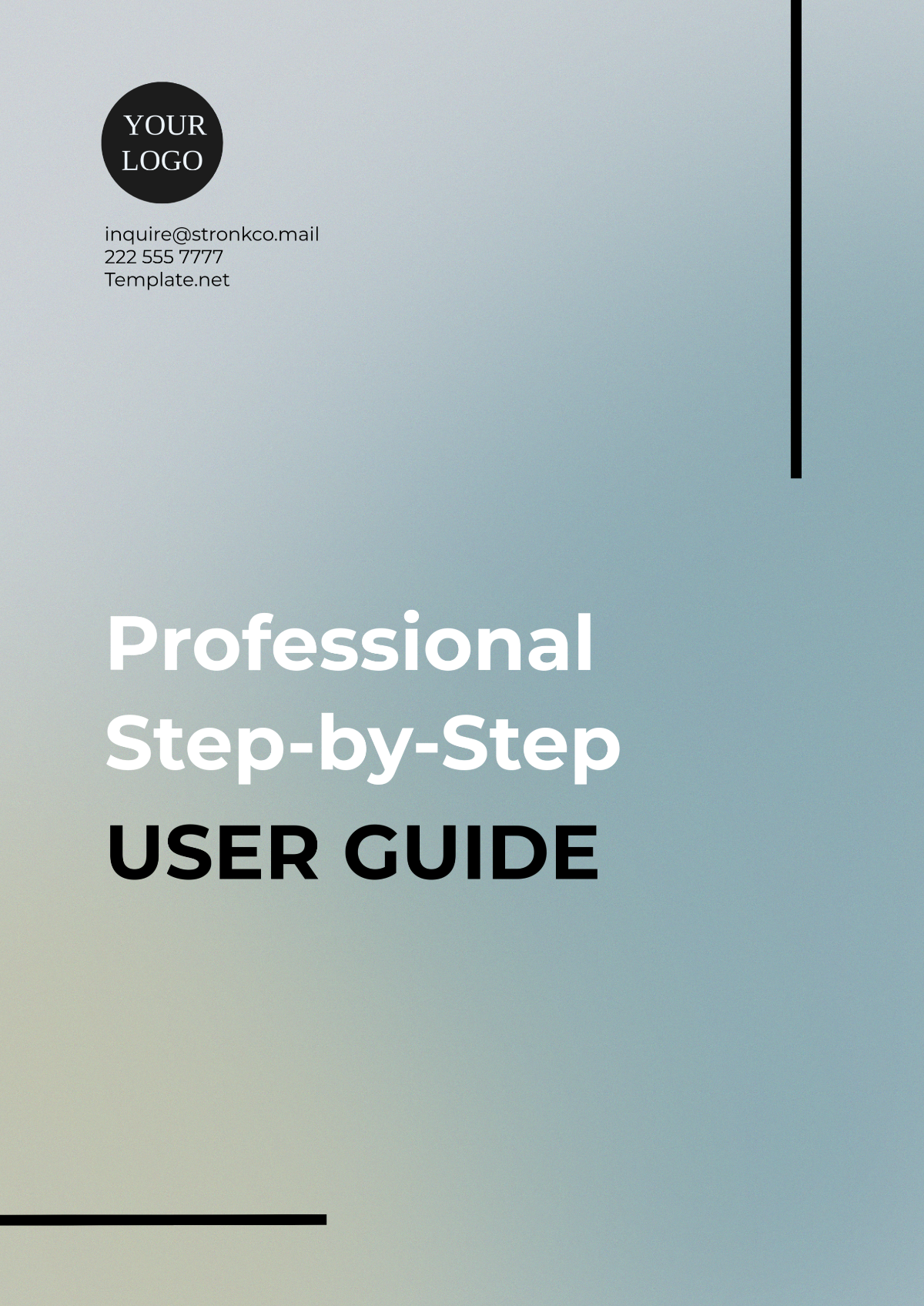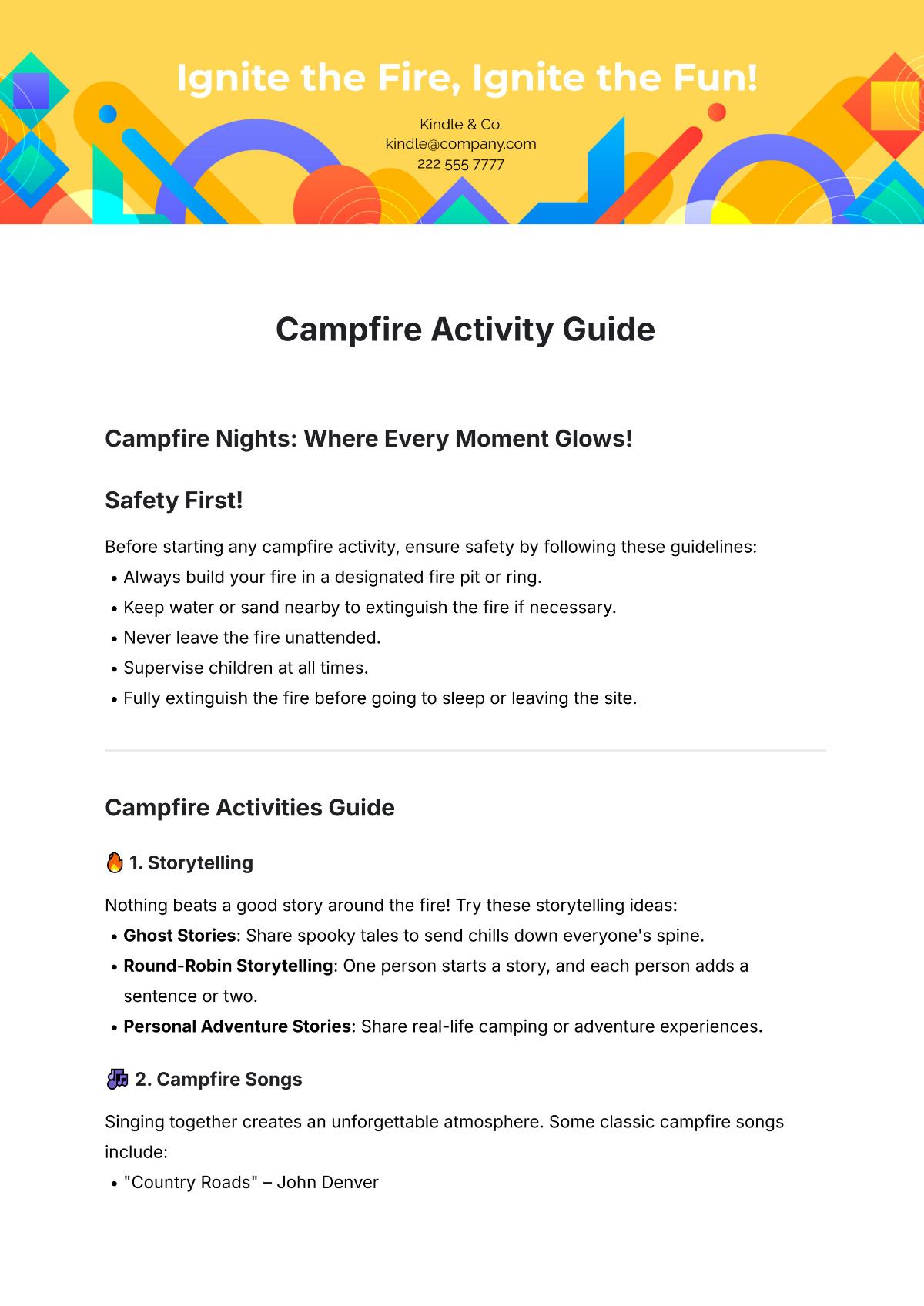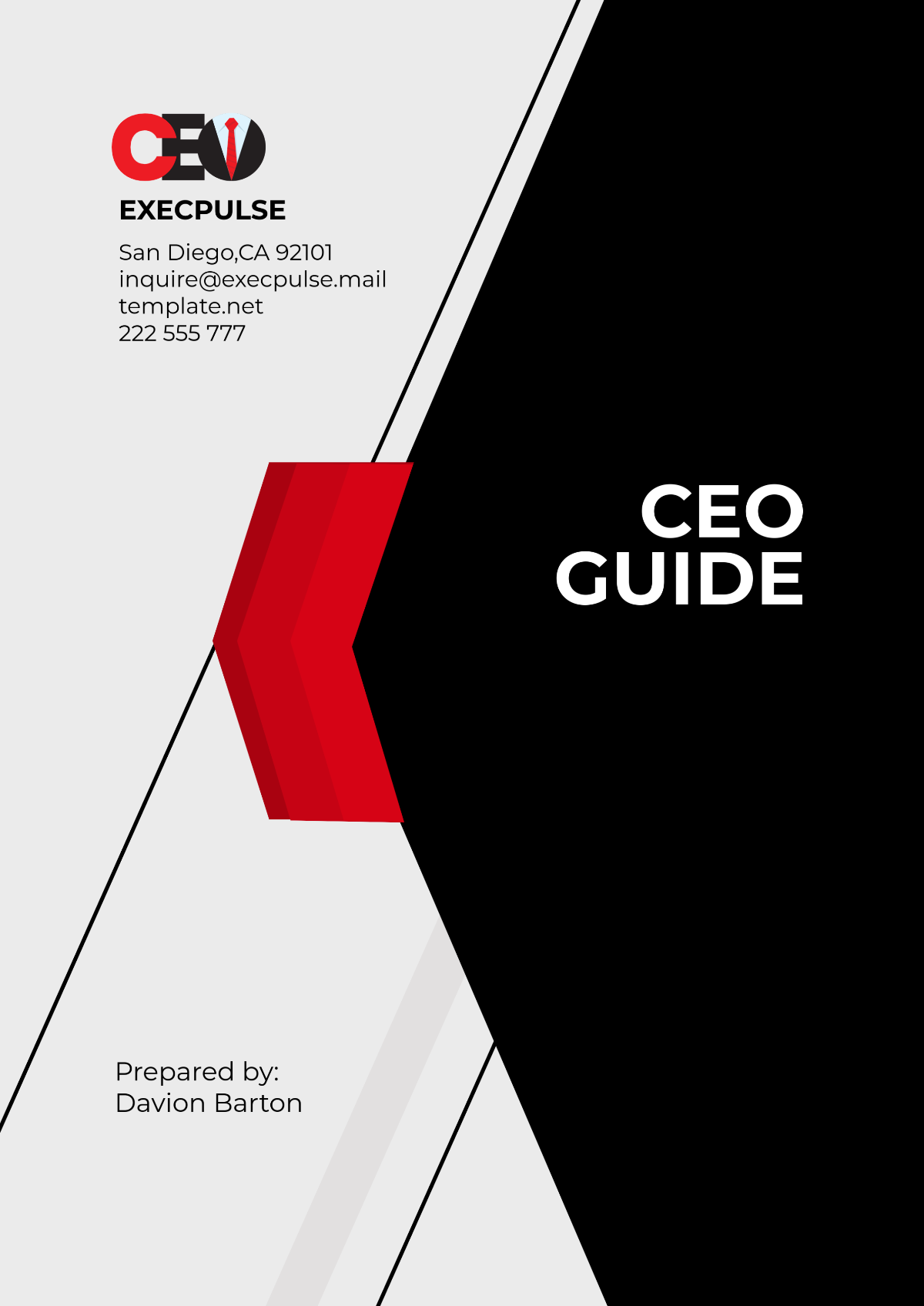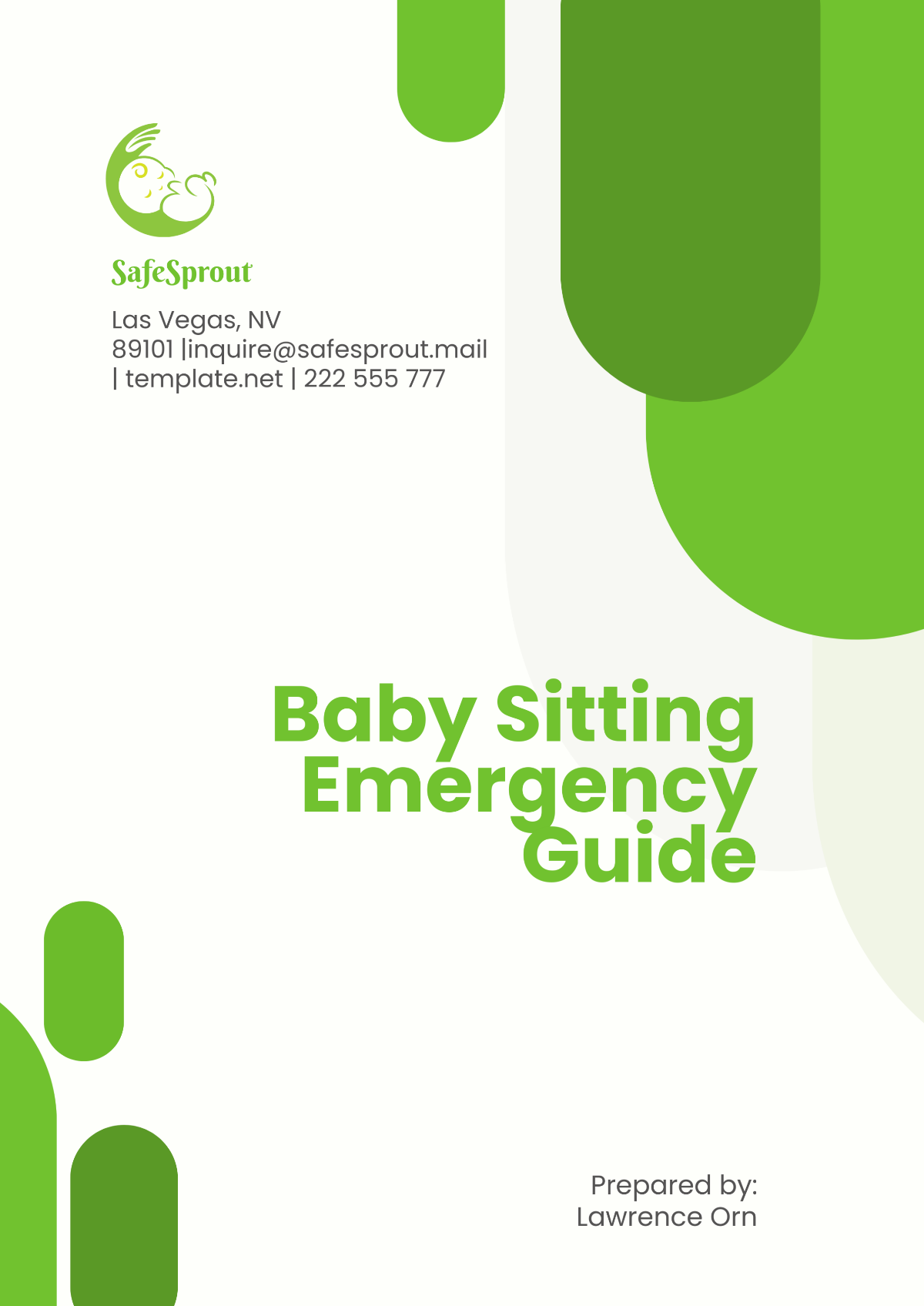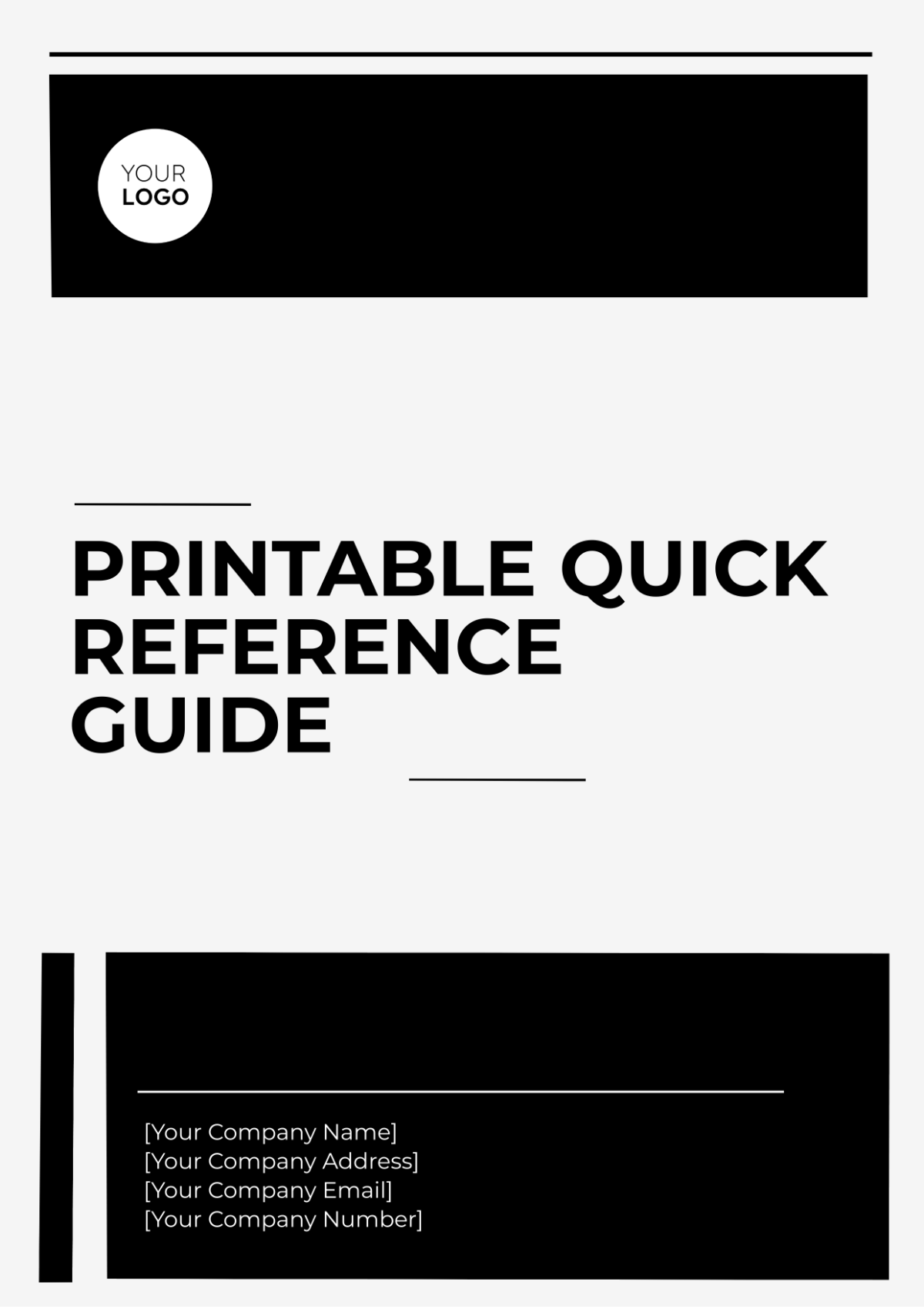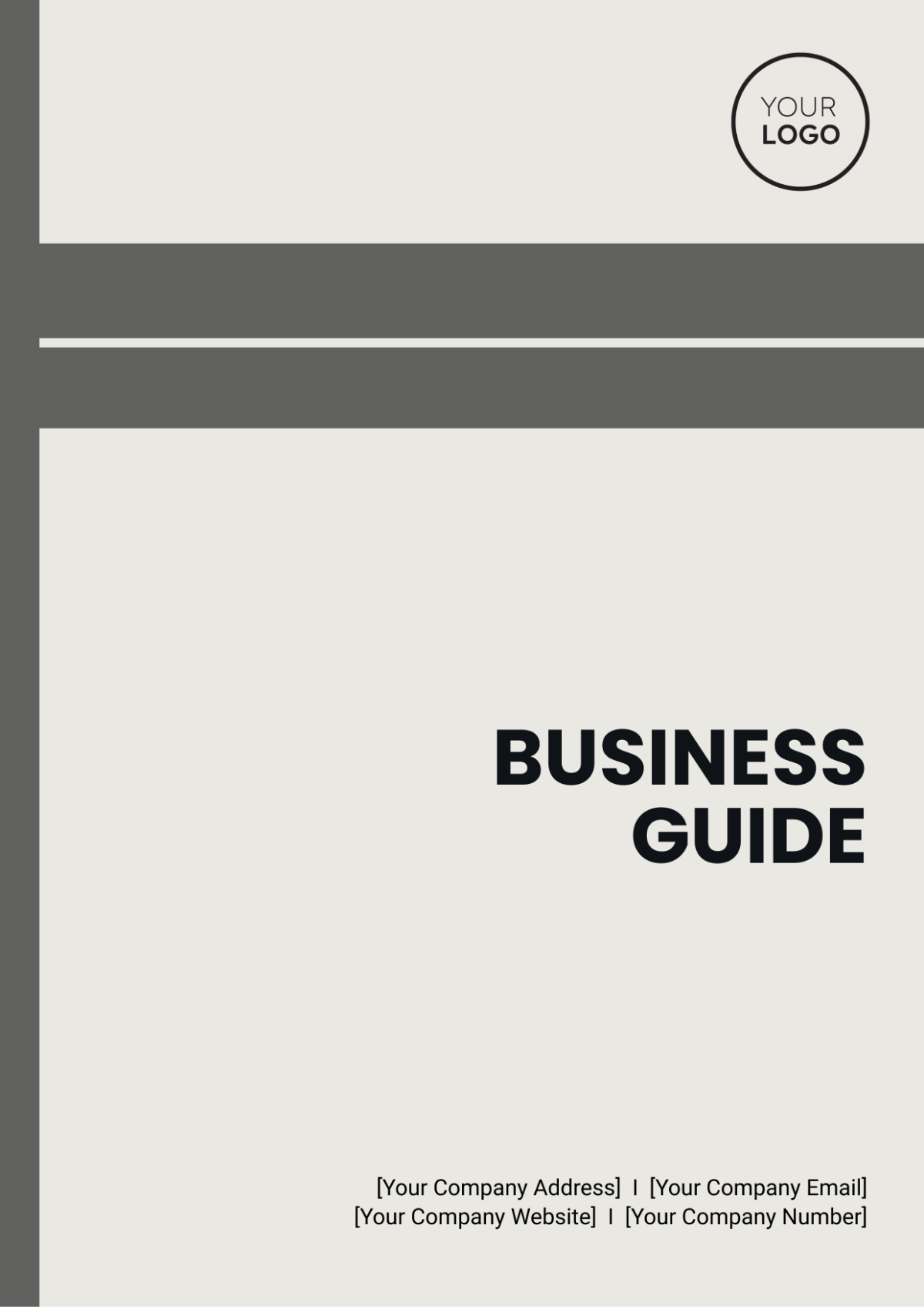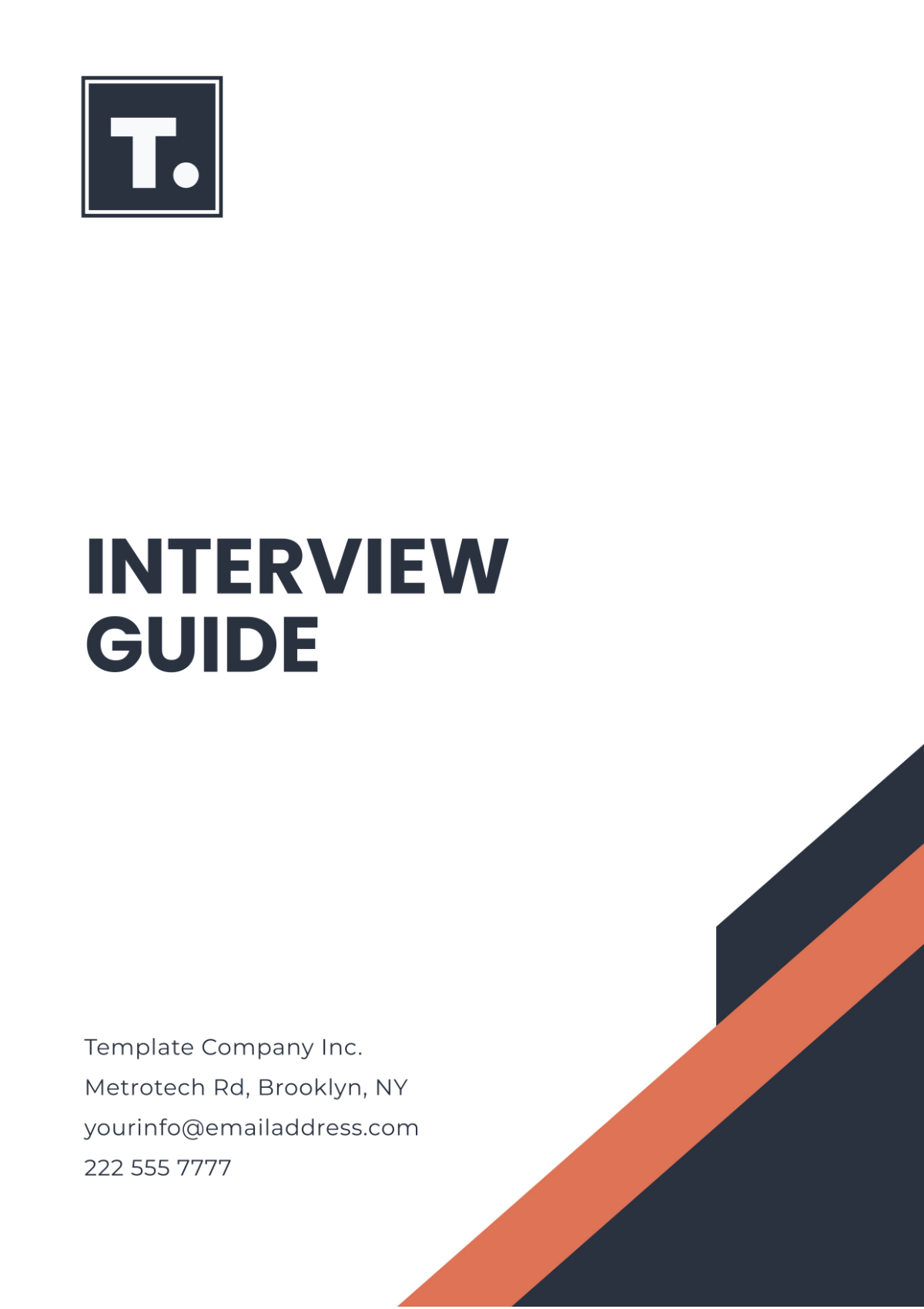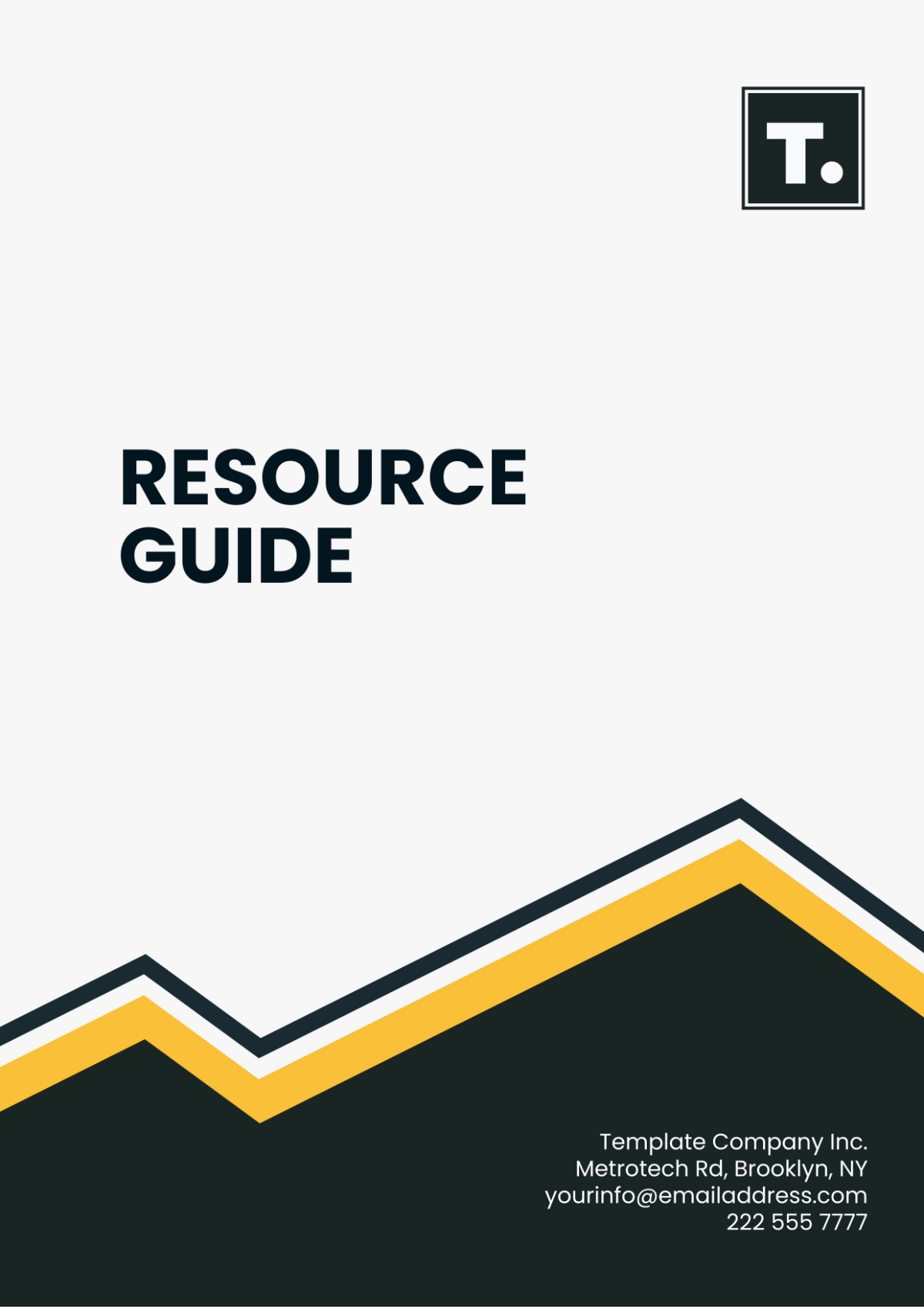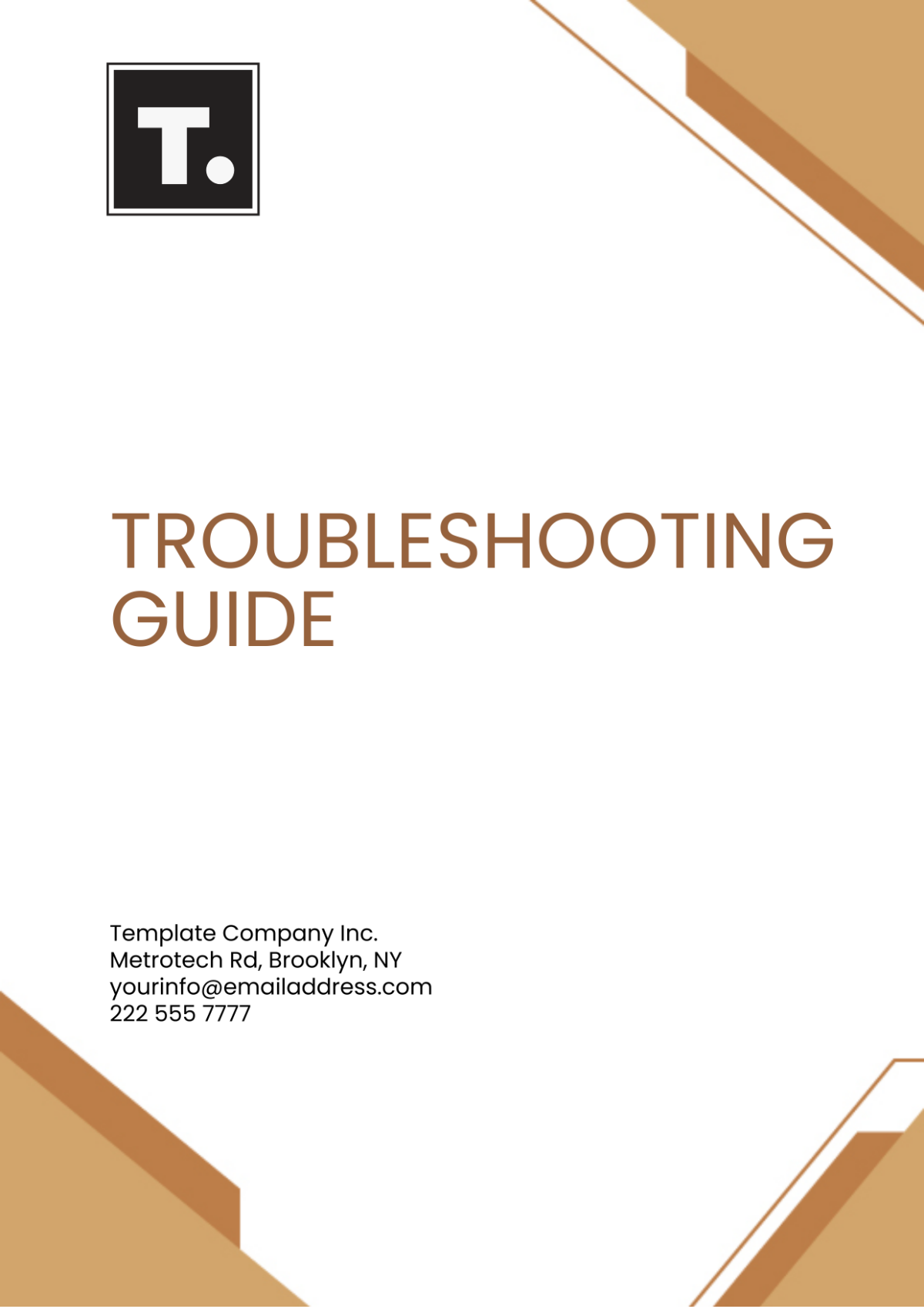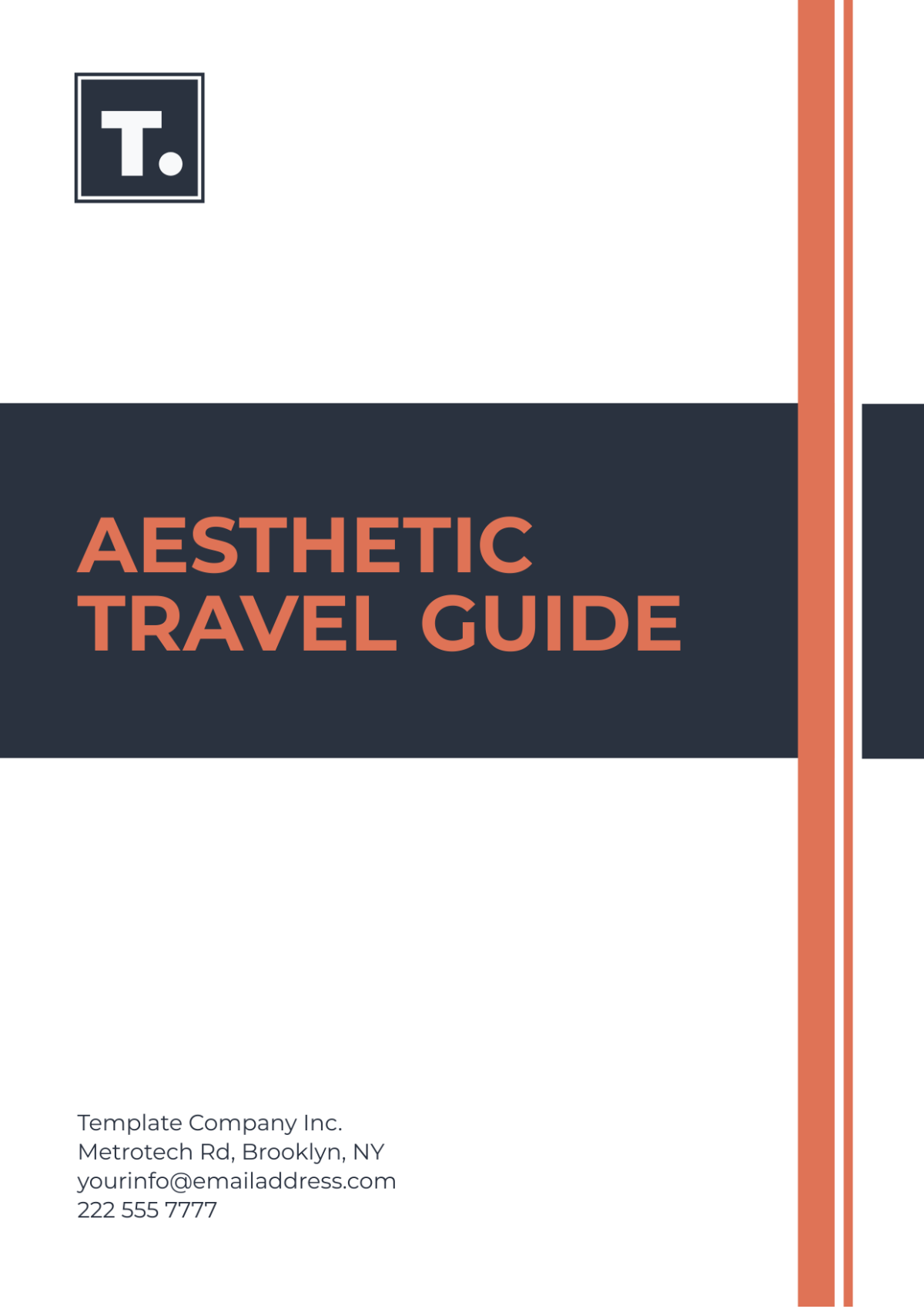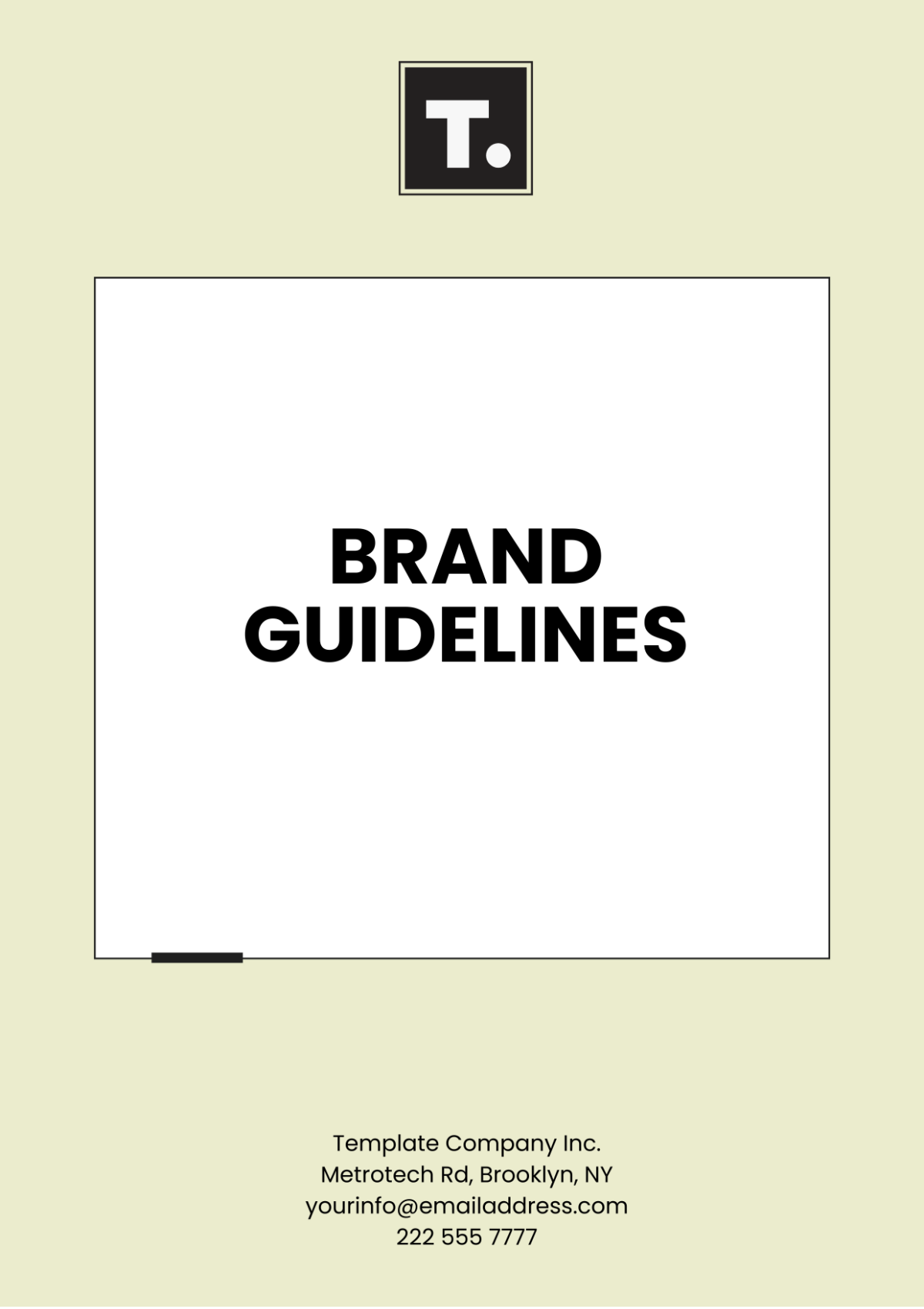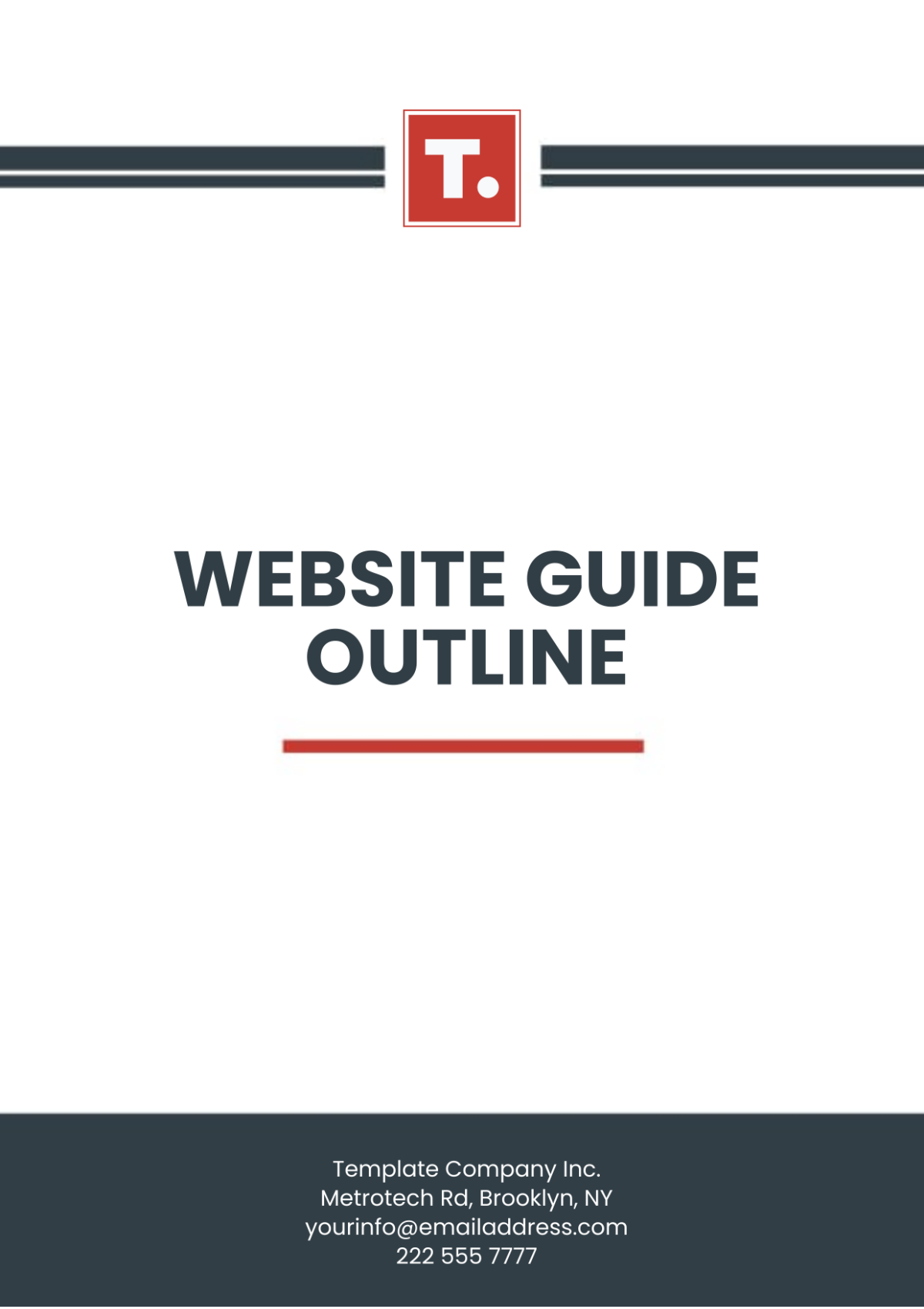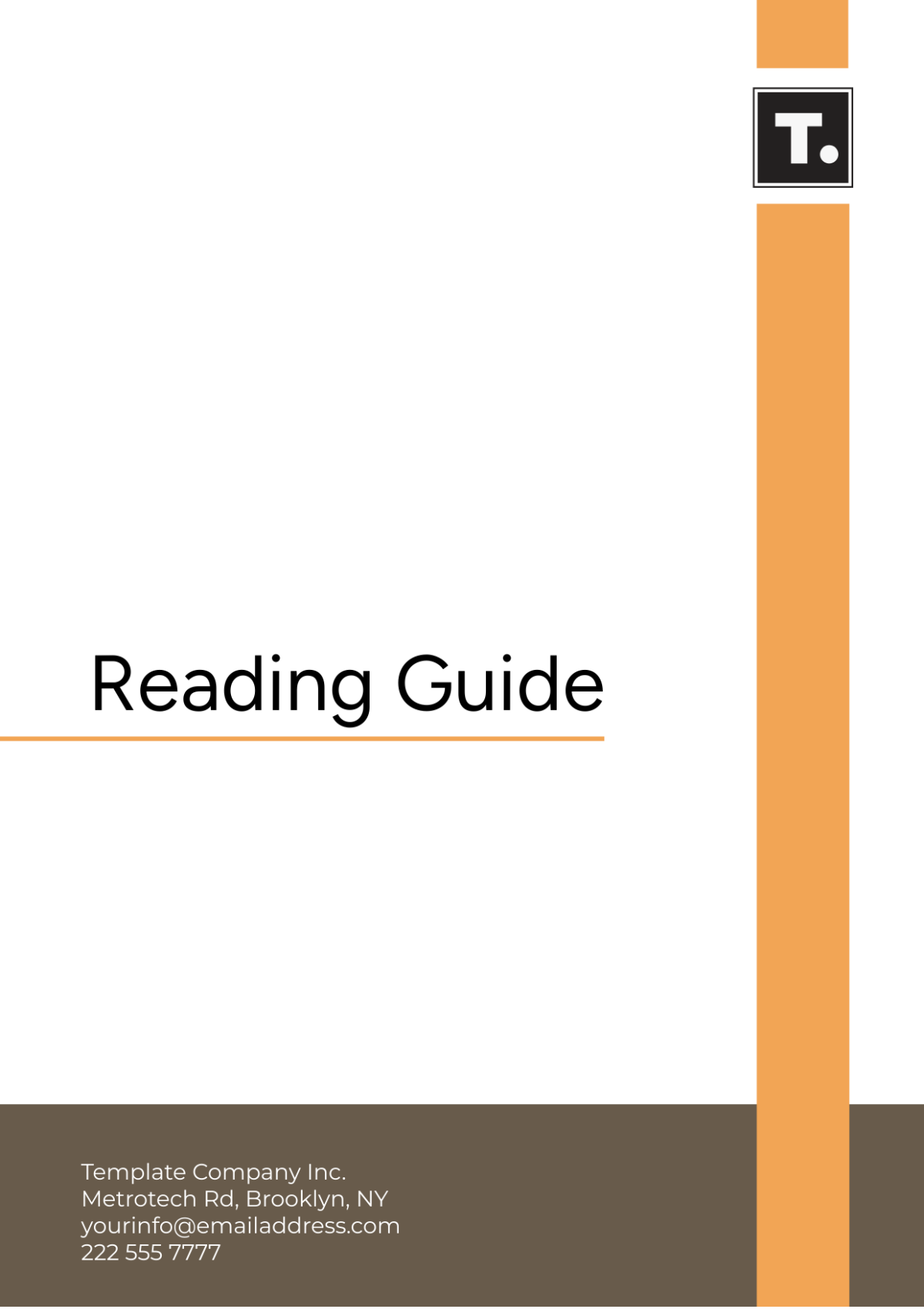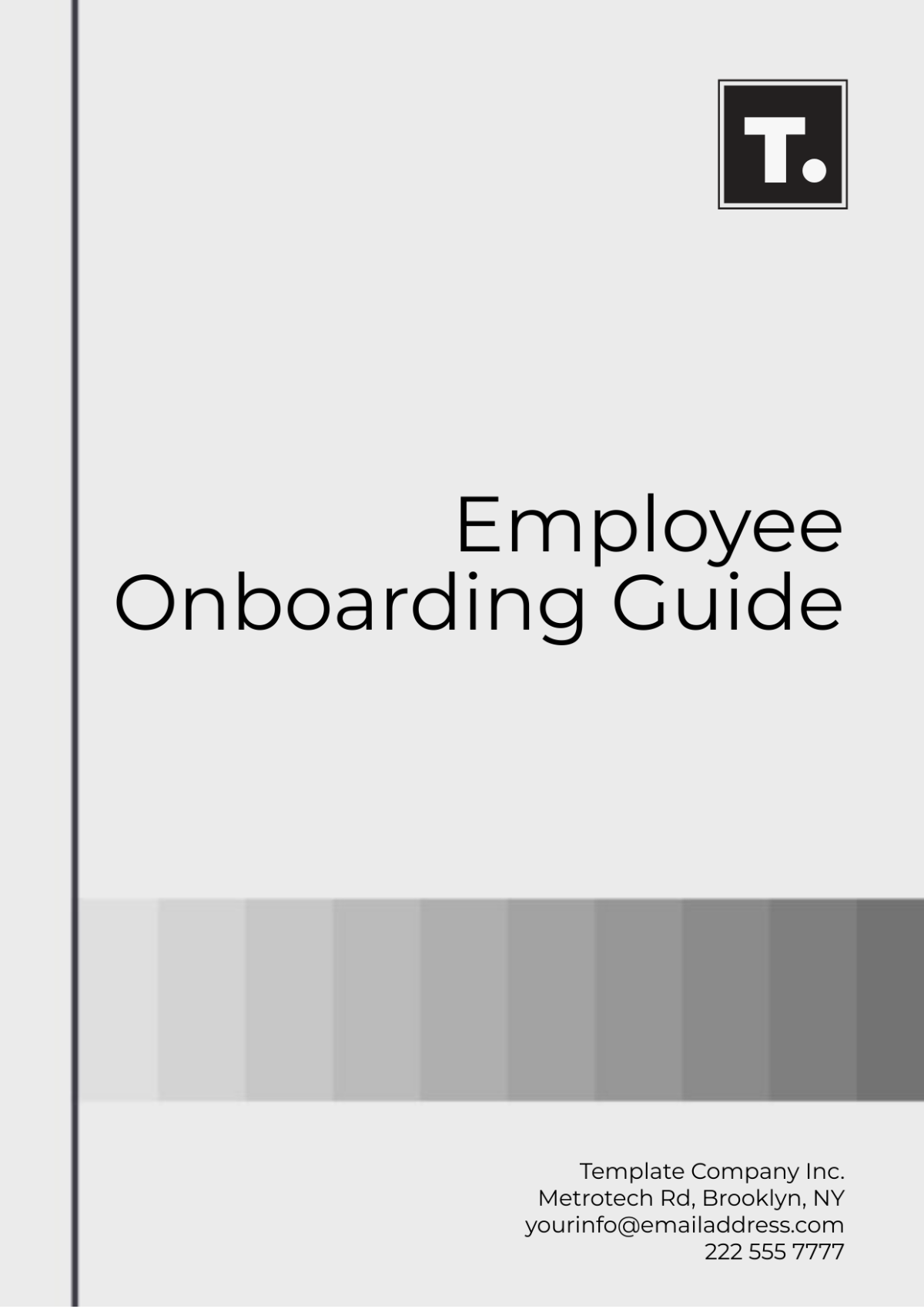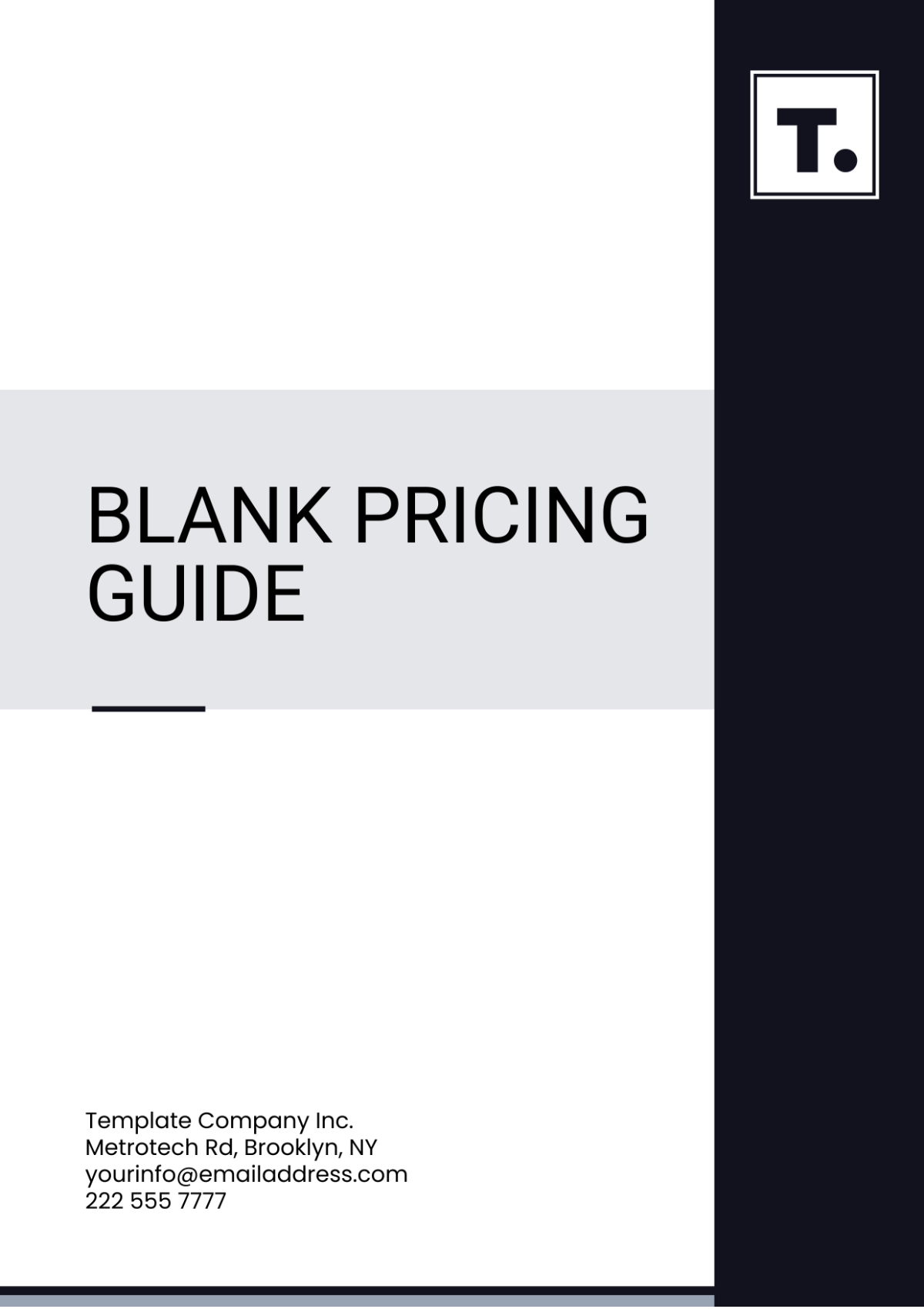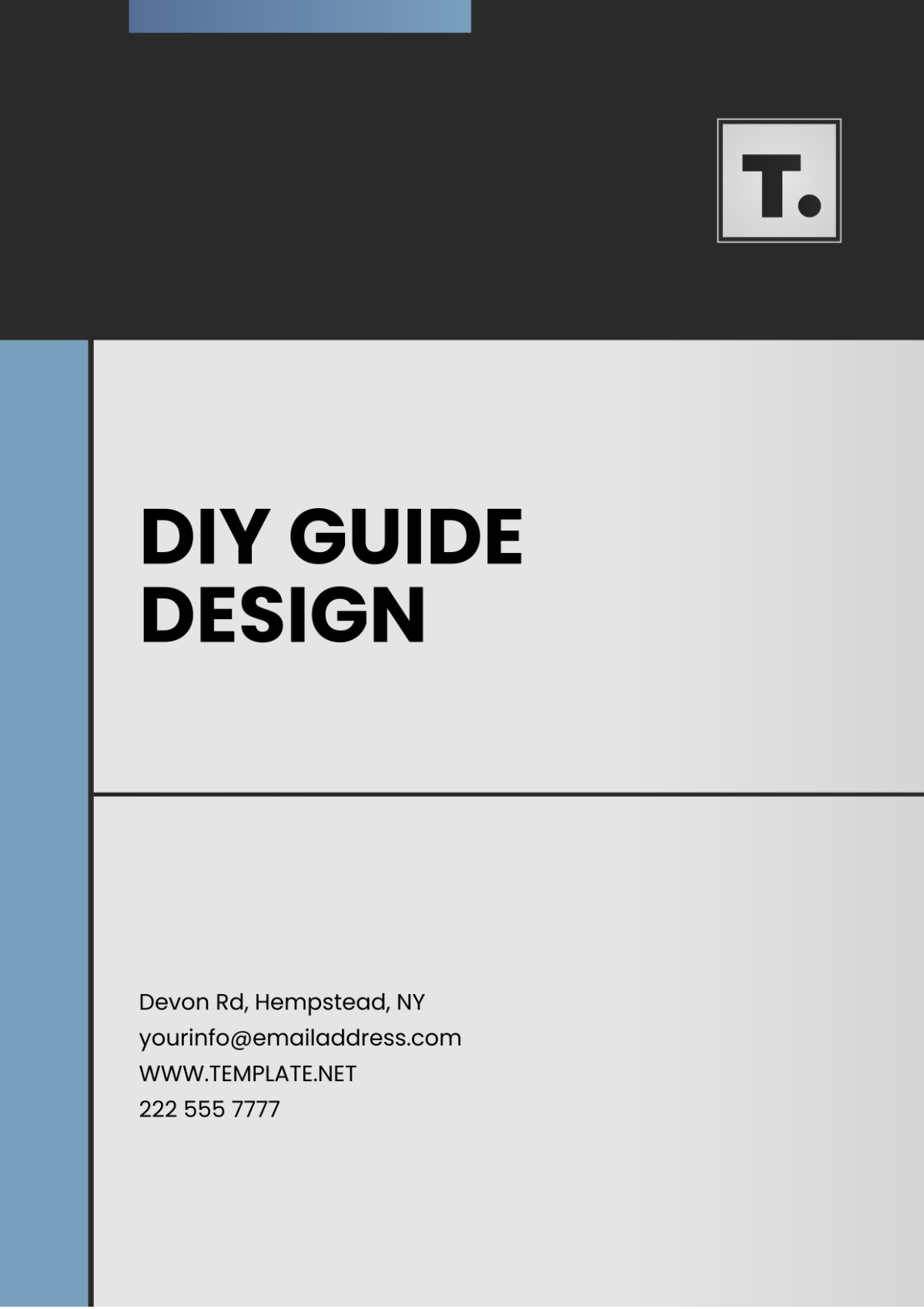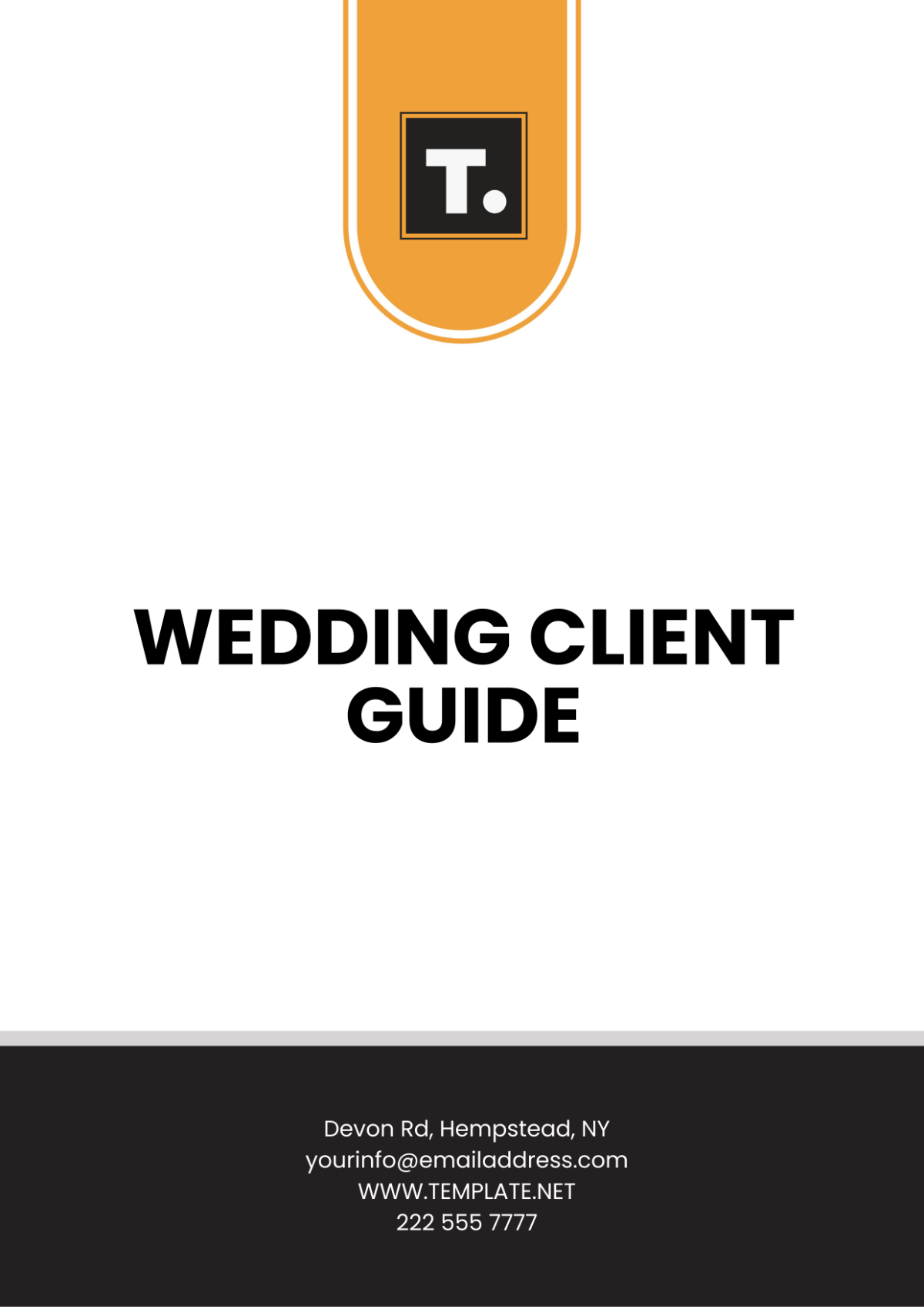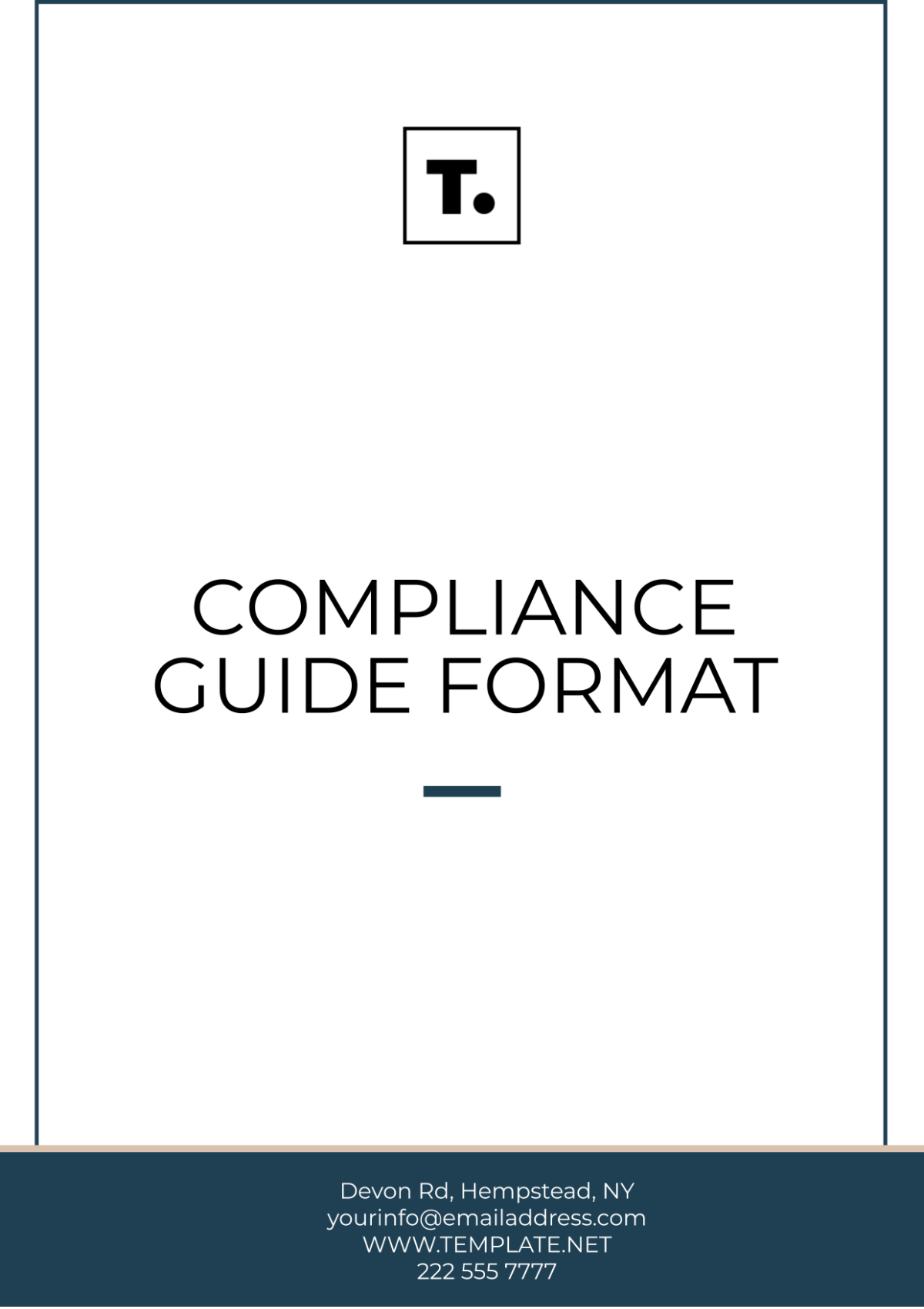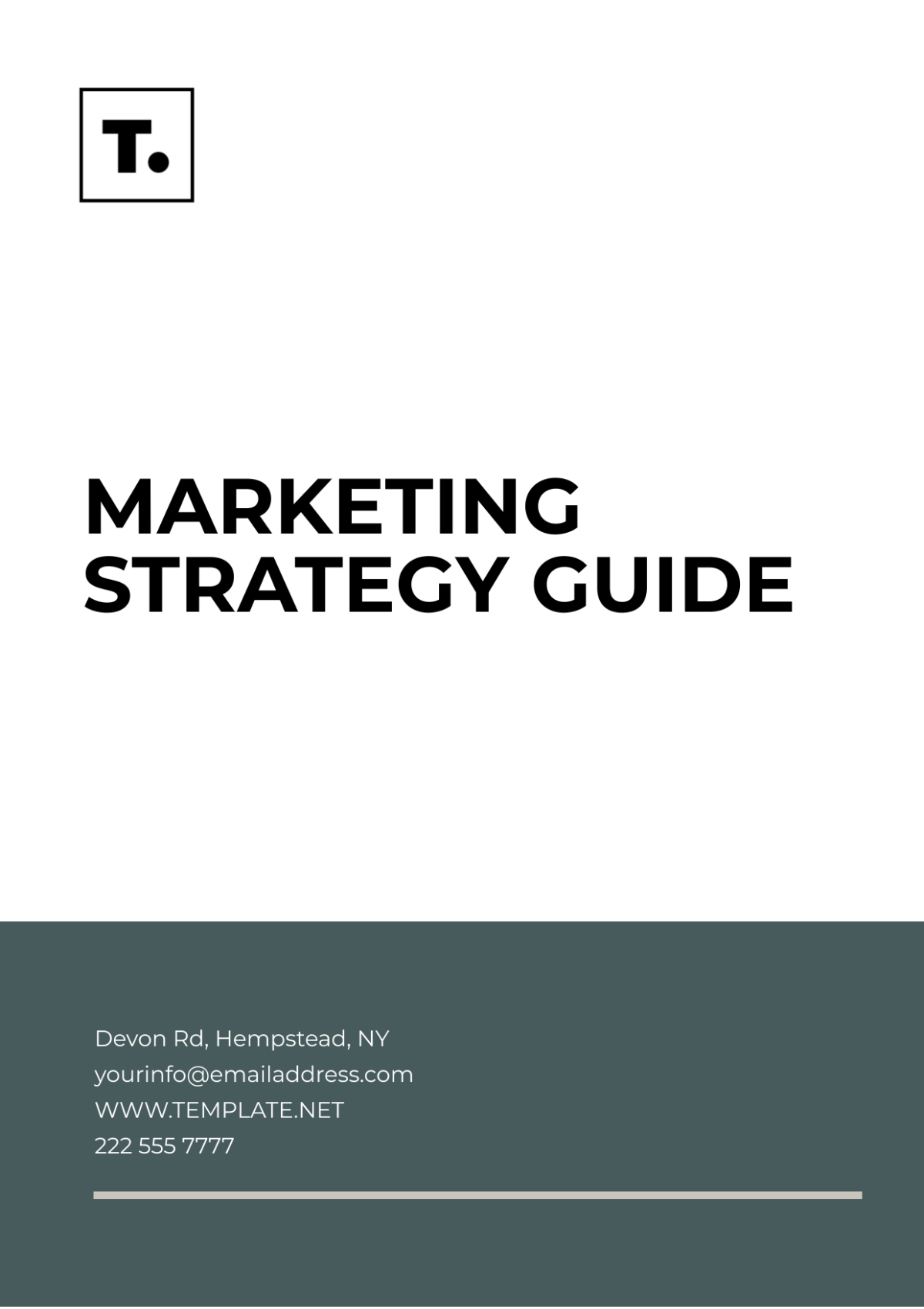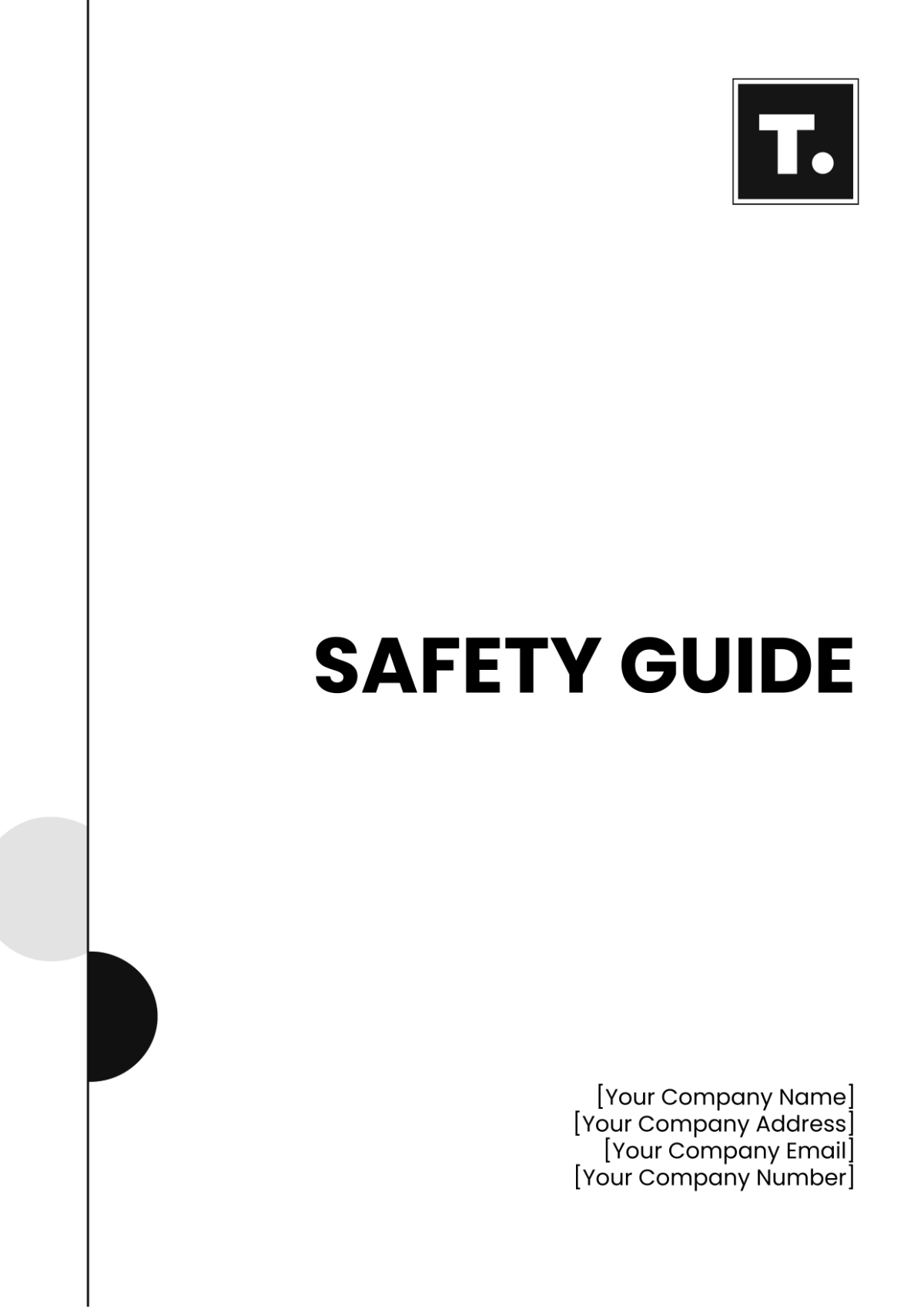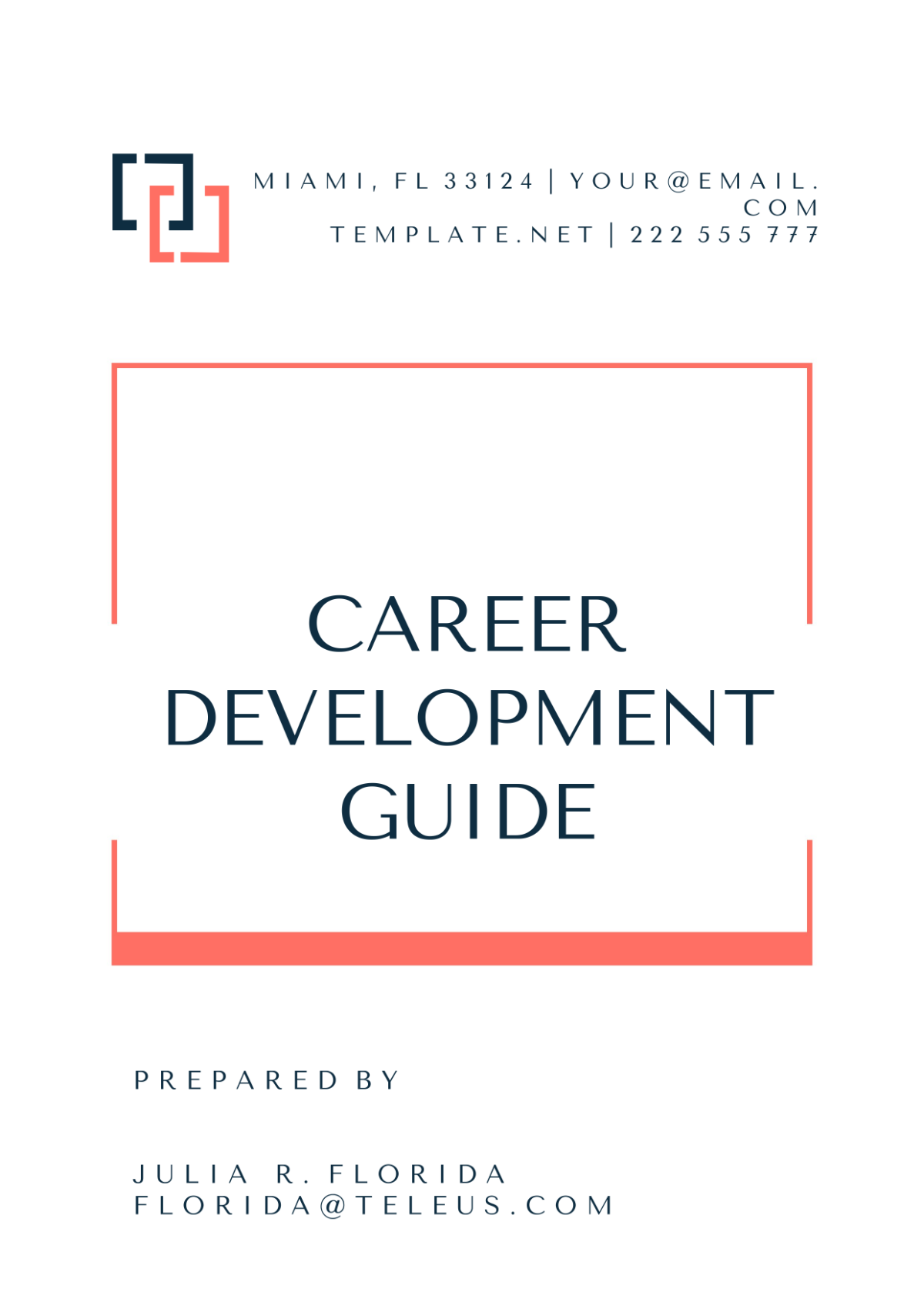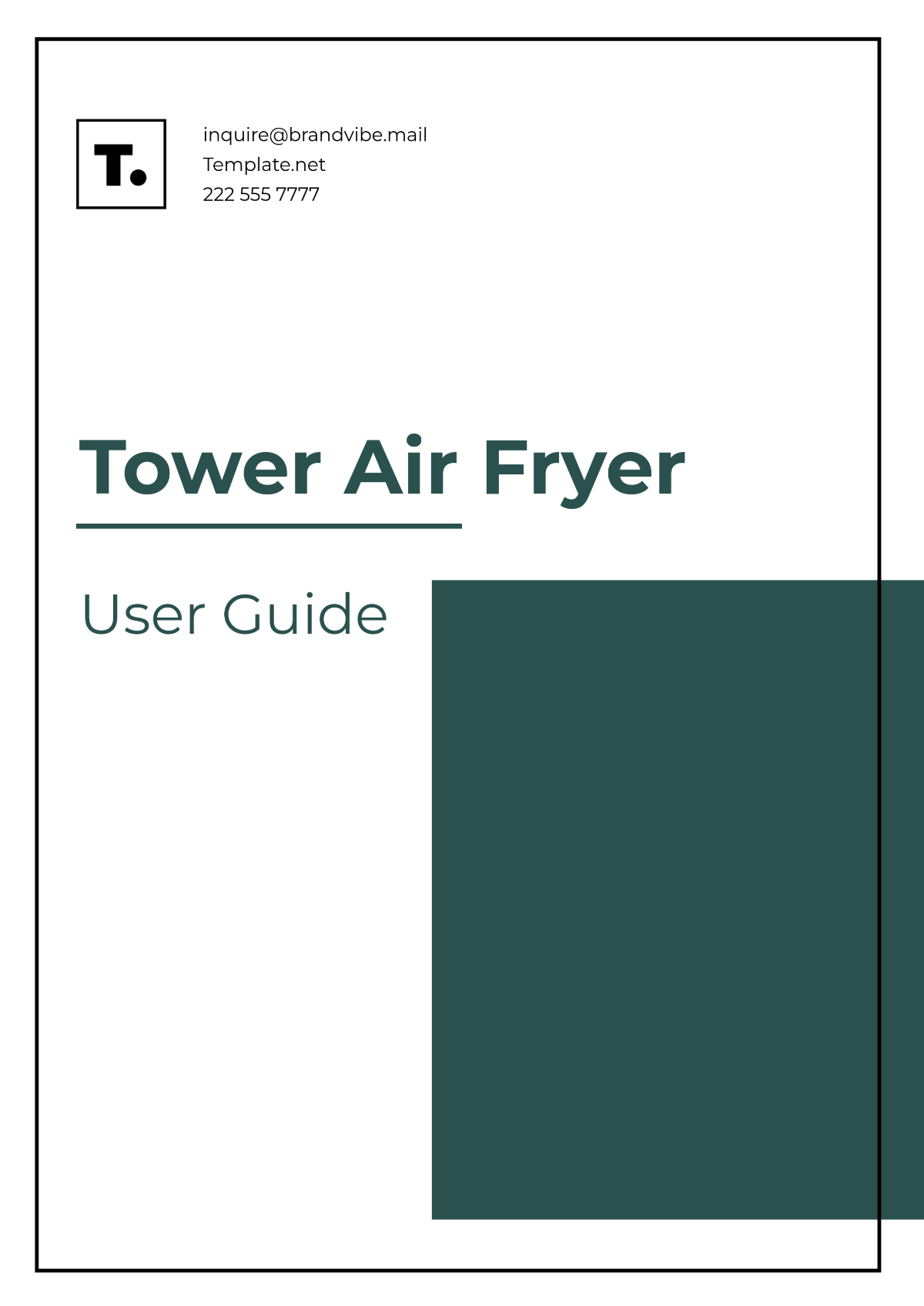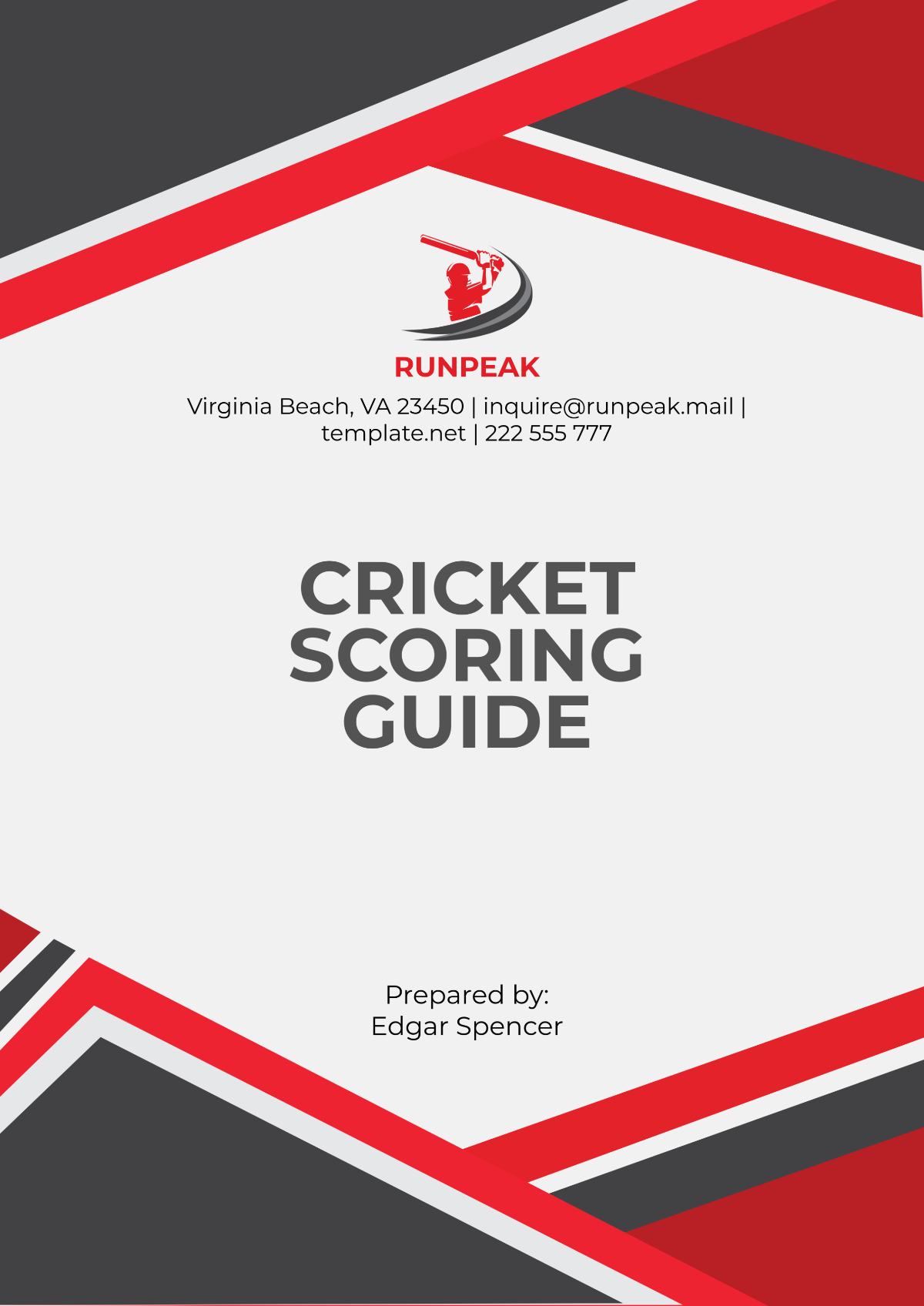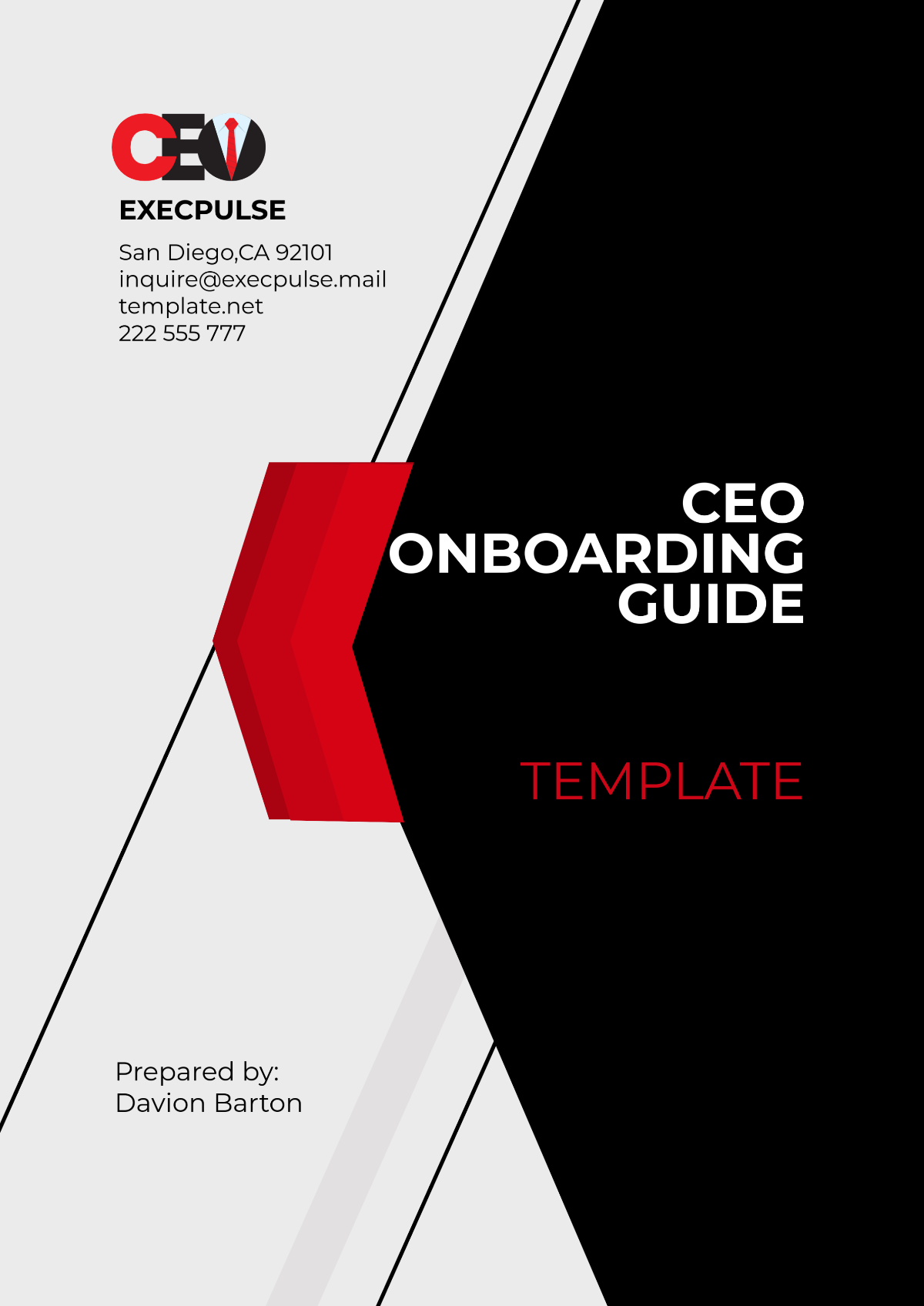Career Development Guide
I. Introduction
Welcome to your personalized Career Development Guide. As an integral part of [Your Company Name], this guide is designed to support your professional growth and development. It provides a roadmap for navigating your career path, setting achievable goals, and enhancing your skills.
Whether you are looking to climb the corporate ladder, switch career paths, or enhance your current role, this guide will be your go-to resource.
II. Self-Assessment
Understanding Your Strengths and Weaknesses
To advance in your career, it's crucial to understand your personal strengths and weaknesses. Reflect on your past experiences and identify what skills and attributes have contributed to your successes.
Strengths
Strength | Examples | Impact |
|---|---|---|
Leadership | Leading team projects successfully | Enhanced team performance and morale |
Communication Skills | Effective public speaking and presentations | Improved stakeholder engagement |
Weaknesses
Weakness | Examples | Improvement Plan |
|---|---|---|
Time Management | Difficulty meeting deadlines | Utilize time management tools and techniques |
Technical Skills | Limited knowledge of specific software | Enroll in relevant training courses |
Setting Personal Goals
Set clear, specific, and attainable goals for your career. These goals should be aligned with your personal values and career aspirations.
III. Career Path Planning
Identifying Career Opportunities
Explore different career paths within [Your Company Name] and beyond. Consider both lateral and upward moves that can provide new challenges and learning opportunities.
Career Path Table
Current Position | Potential Next Steps | Skills Required |
|---|---|---|
Marketing Associate | Marketing Manager | Strategic planning, budget management |
Software Developer | Senior Software Engineer | Advanced coding, project management |
Creating a Career Development Plan
Develop a detailed plan outlining the steps needed to achieve your career goals. This should include timelines, required skills, and potential obstacles.
Example Plan
Goal | Action Steps | Timeline | Resources Needed |
|---|---|---|---|
Become a Team Leader | Enroll in leadership training, seek mentorship | 12 months | Leadership workshops, mentorship |
Improve Technical Skills | Complete certification course, practice coding | 6 months | Online courses, coding practice sessions |
IV. Skill Development
Training and Education
Identify relevant training programs and educational opportunities that align with your career goals.
Recommended Training Programs
Program | Provider | Duration | Cost |
|---|---|---|---|
Leadership Workshop | [Your Company Name] | 2 weeks | $500 |
Advanced Coding Bootcamp | TechEd University | 3 months | $1,200 |
On-the-Job Learning
Seek out projects and assignments that challenge you and help you develop new skills.
V. Networking and Mentorship
Building a Professional Network
Networking is crucial for career advancement. Engage with industry professionals through conferences, workshops, and online platforms.
Networking Tips
Attend industry conferences and workshops.
Join professional organizations relevant to your field.
Engage with peers and mentors on professional social media platforms.
Finding a Mentor
A mentor can provide guidance, support, and valuable insights into your career development.
Mentorship Benefits
Benefit | Description |
|---|---|
Guidance | Receive advice on career decisions |
Support | Get support during career transitions |
Networking Opportunities | Expand your professional network |
VI. Performance Evaluation
Regular Self-Evaluations
Conduct regular self-evaluations to assess your progress toward your career goals.
Evaluation Criteria
Criteria | Description |
|---|---|
Achievements | Review accomplishments and milestones |
Skills Improvement | Assess growth in skills and competencies |
Feedback Implementation | Assess your feedback integration. |
Seeking Feedback
Regularly seek feedback from supervisors and peers to gain insights into your performance and areas for improvement.
VII. Work-Life Balance
Maintaining Balance
Achieving a balance between work and personal life is essential for long-term career success and well-being.
Strategies for Balance
Set clear boundaries between work and personal time.
Prioritize tasks and delegate when possible.
Engage in activities that promote relaxation and well-being.
Resources for Support
[Your Company Name] Employee Assistance Program
Local wellness and mental health resources
VIII. Career Transition
Planning a Transition
If you are considering a career transition, create a plan to smoothly navigate the change.
Transition Steps
Step | Action | Timeline |
|---|---|---|
Assess Interests | Reflect on new career interests | 1 month |
Research Opportunities | Explore new career options | 2 months |
Update Resume | Revise resume and cover letter | 1 month |
Navigating Job Search
Utilize job search resources and networks to find new opportunities.
IX. Conclusion
Your career development is a continuous journey of growth and exploration. Use this guide as a tool to navigate your path and achieve your professional aspirations. For any further assistance, feel free to reach out to [Your Company Email].
If you have any questions or need personalized advice, don't hesitate to contact [Your Name] at [Your Email].
